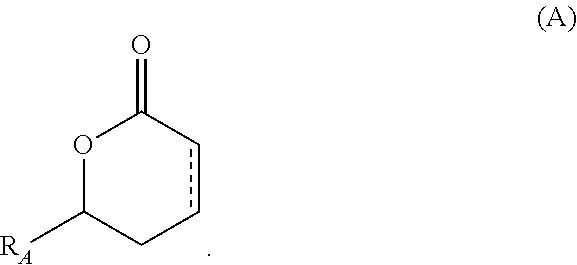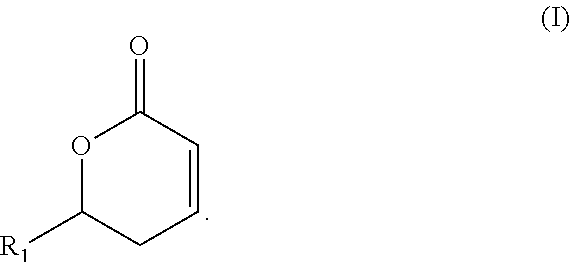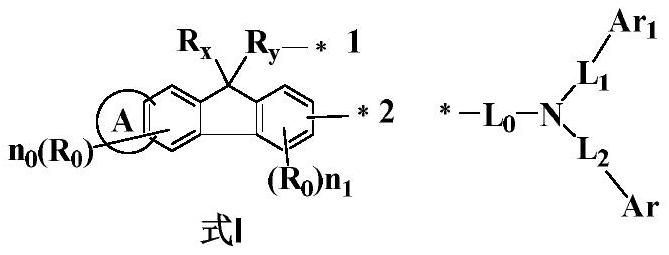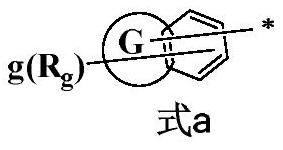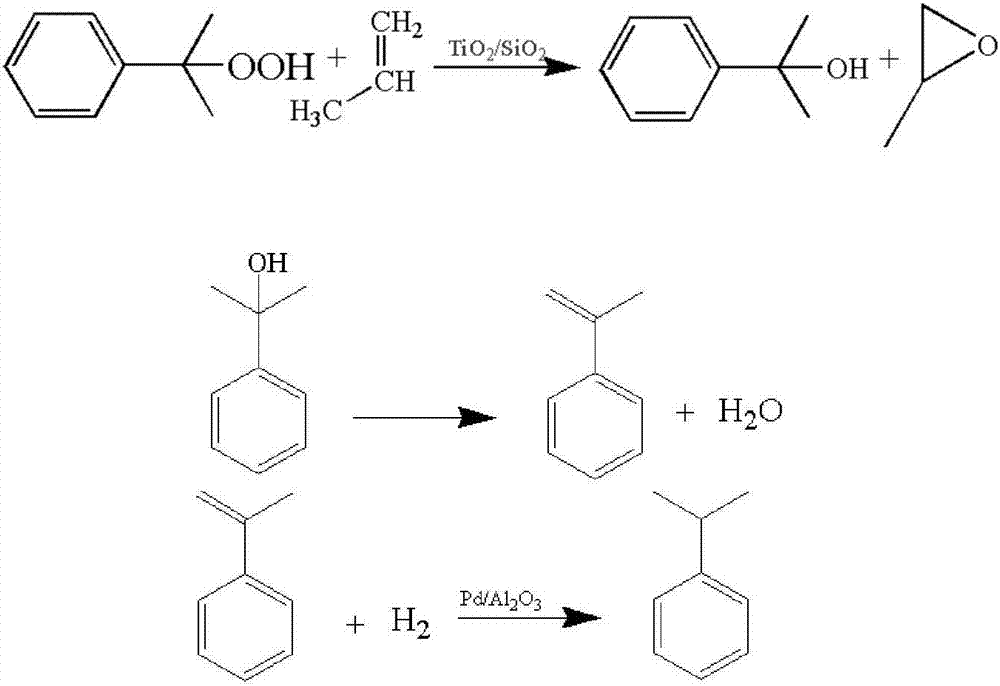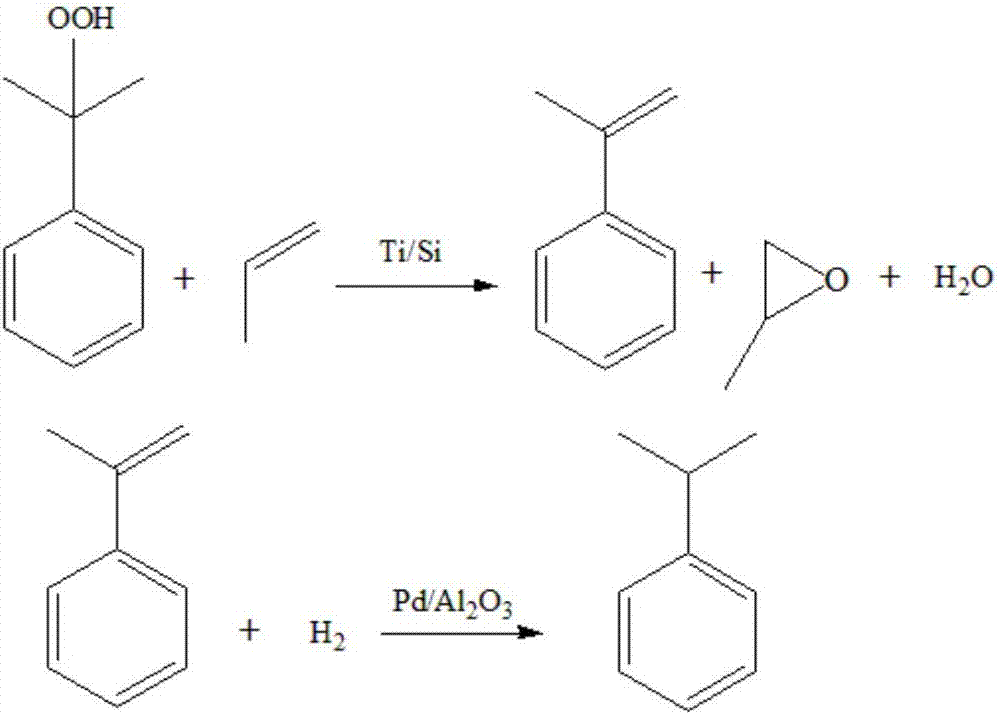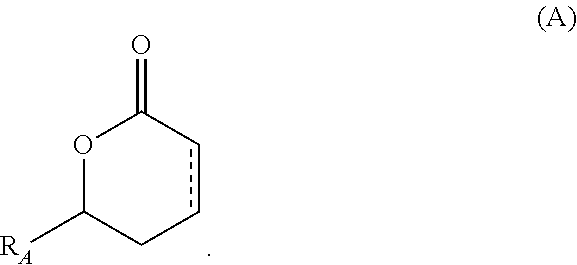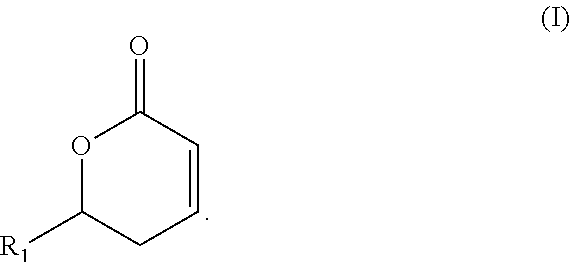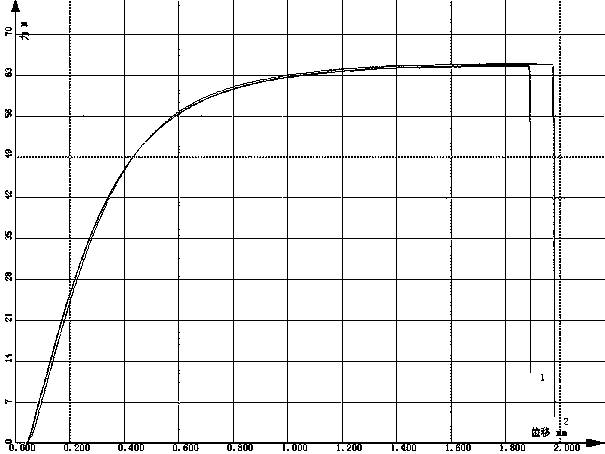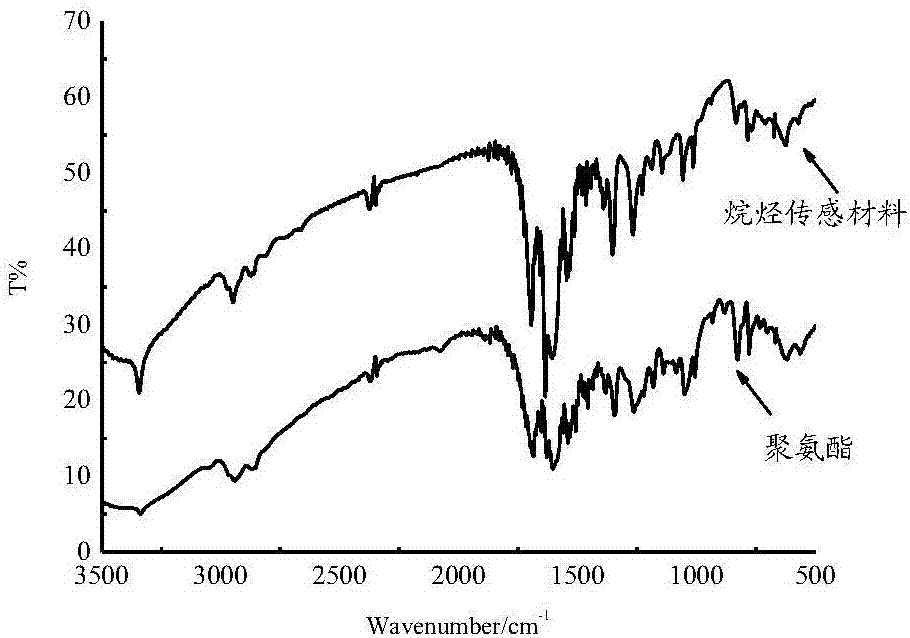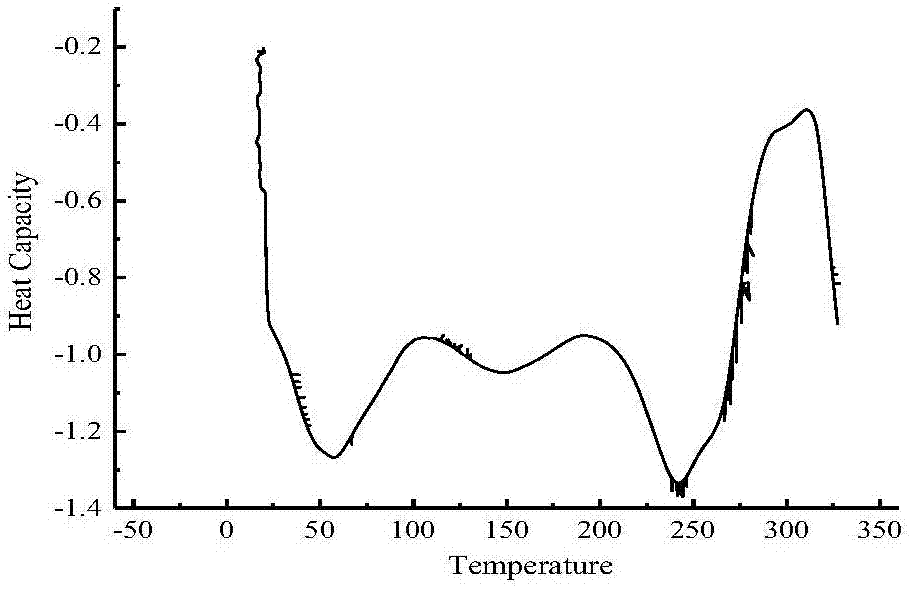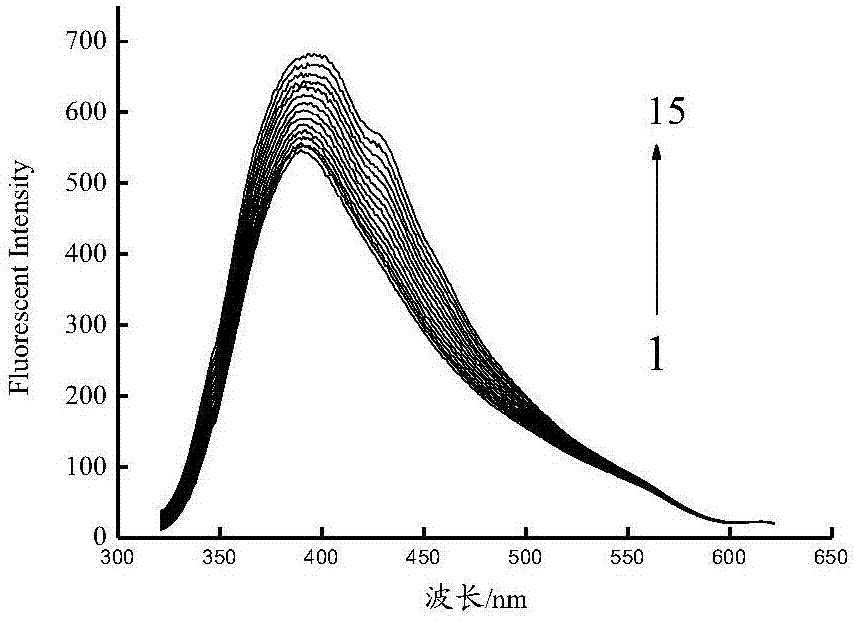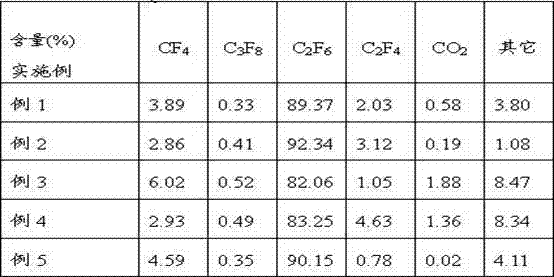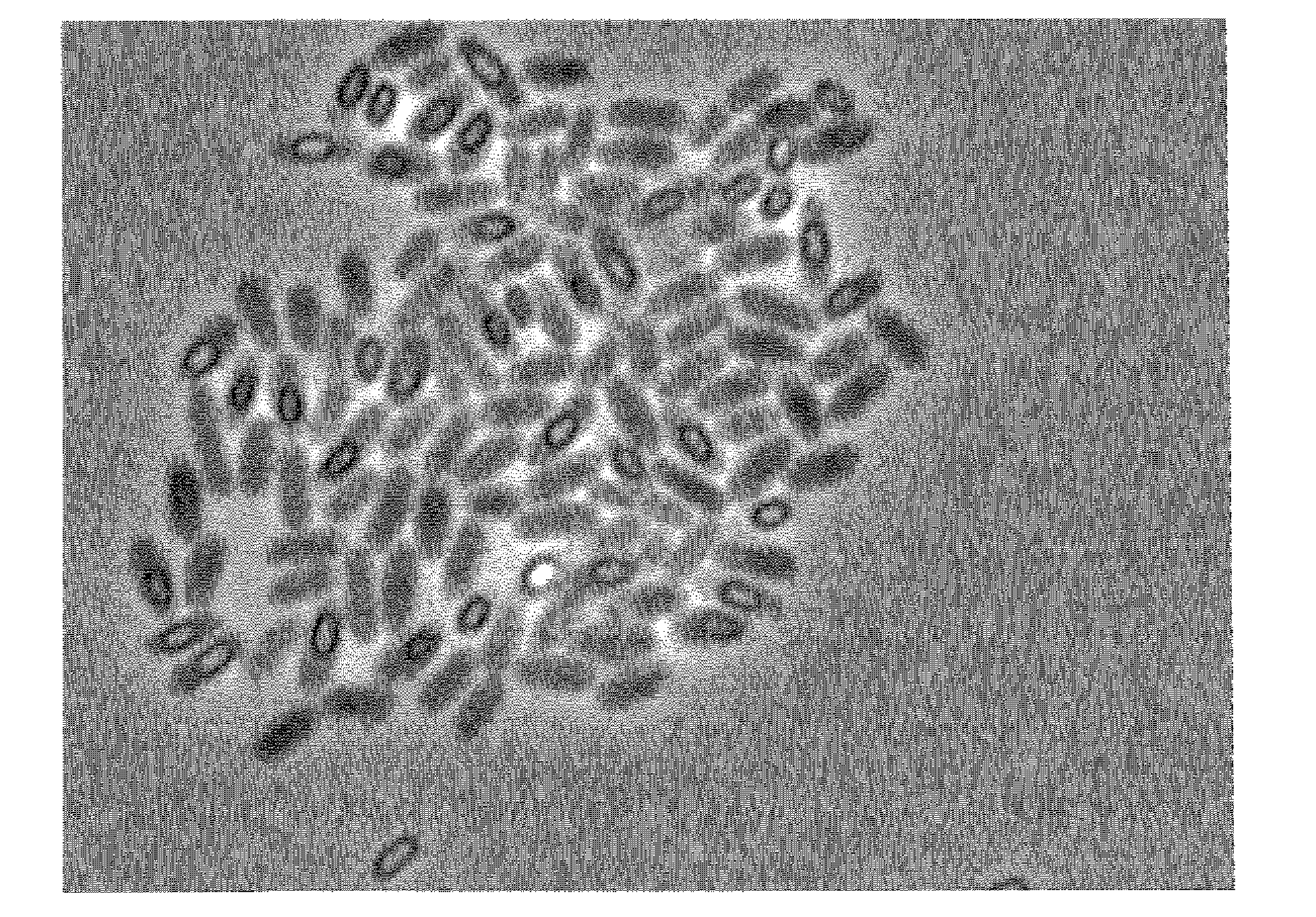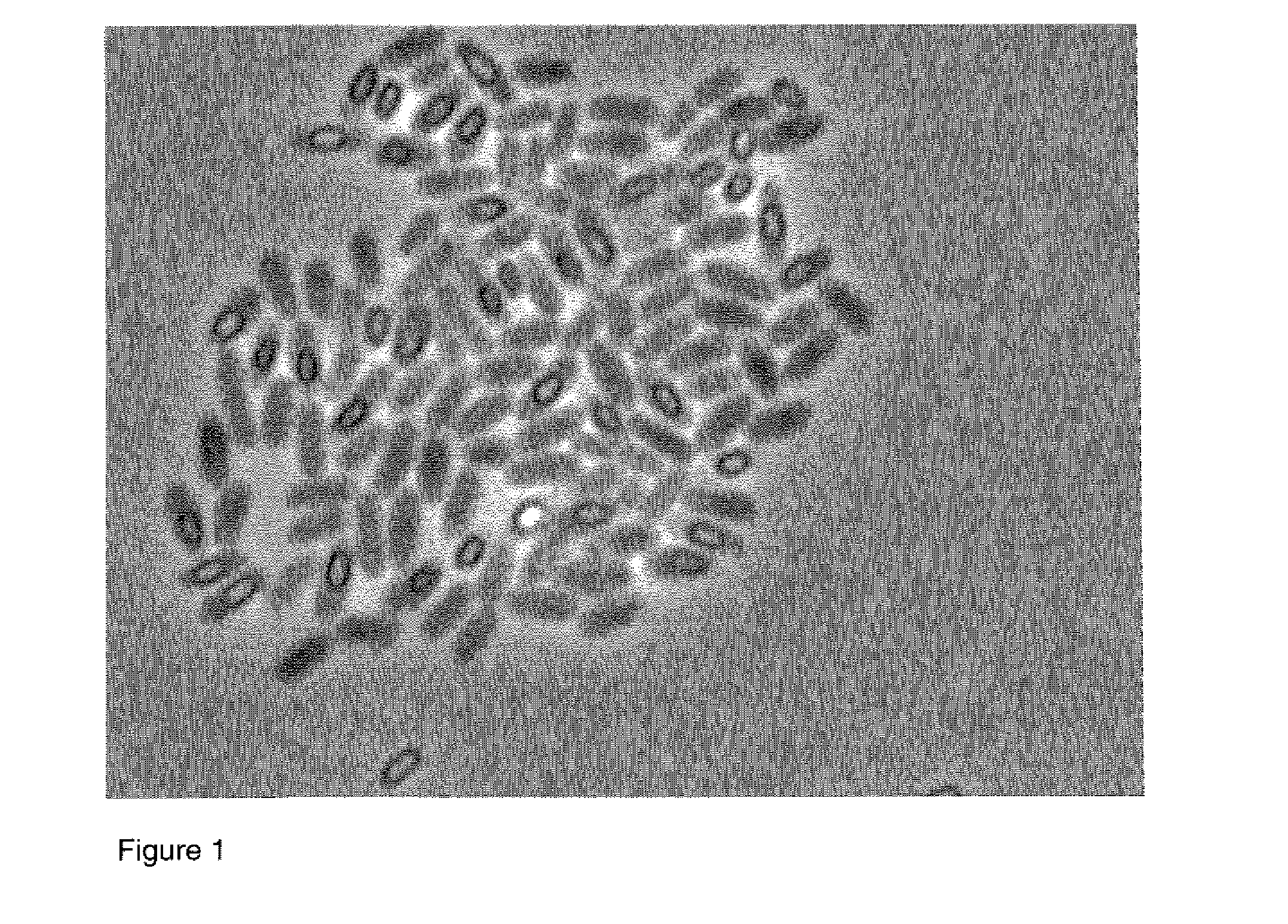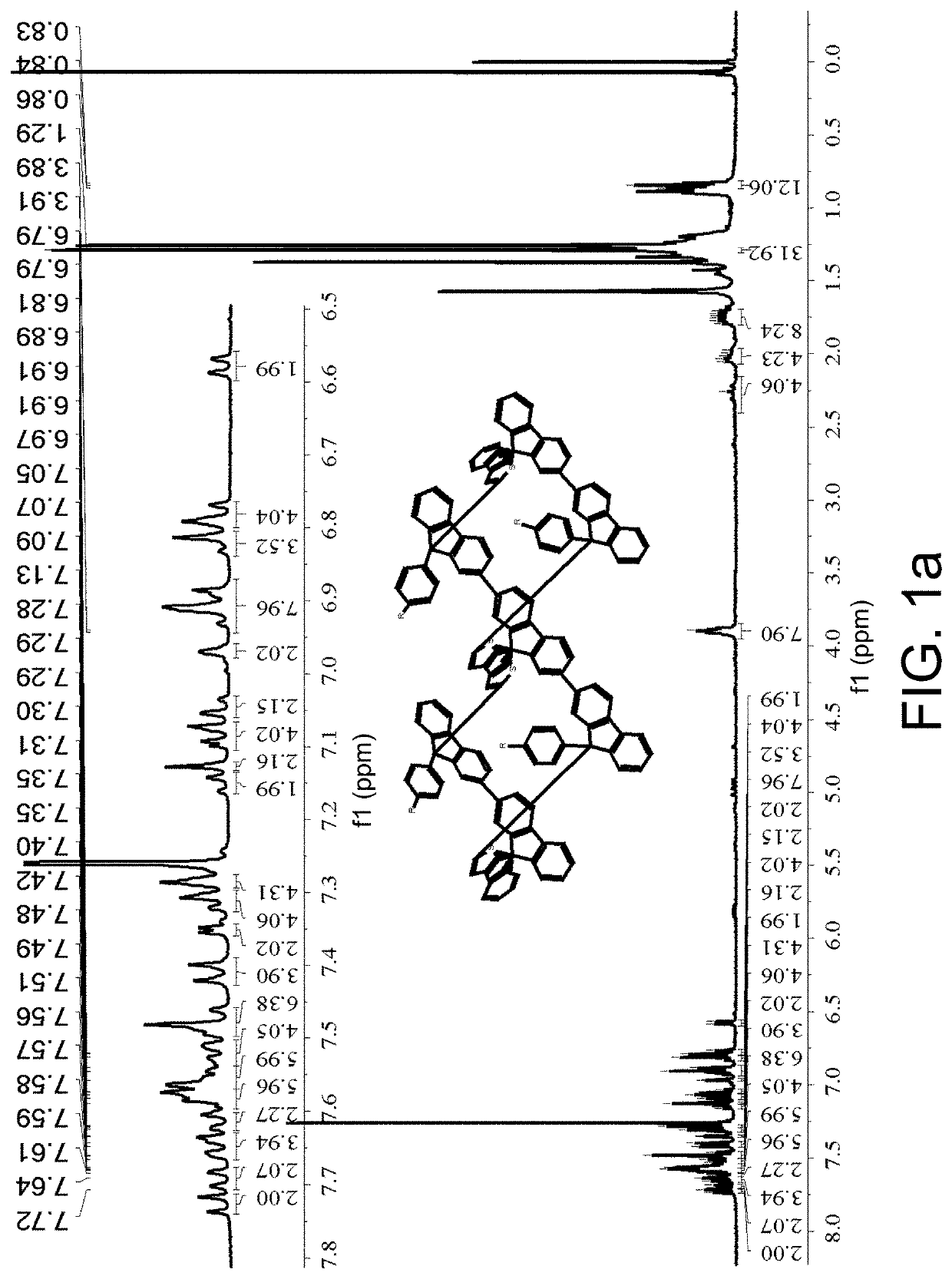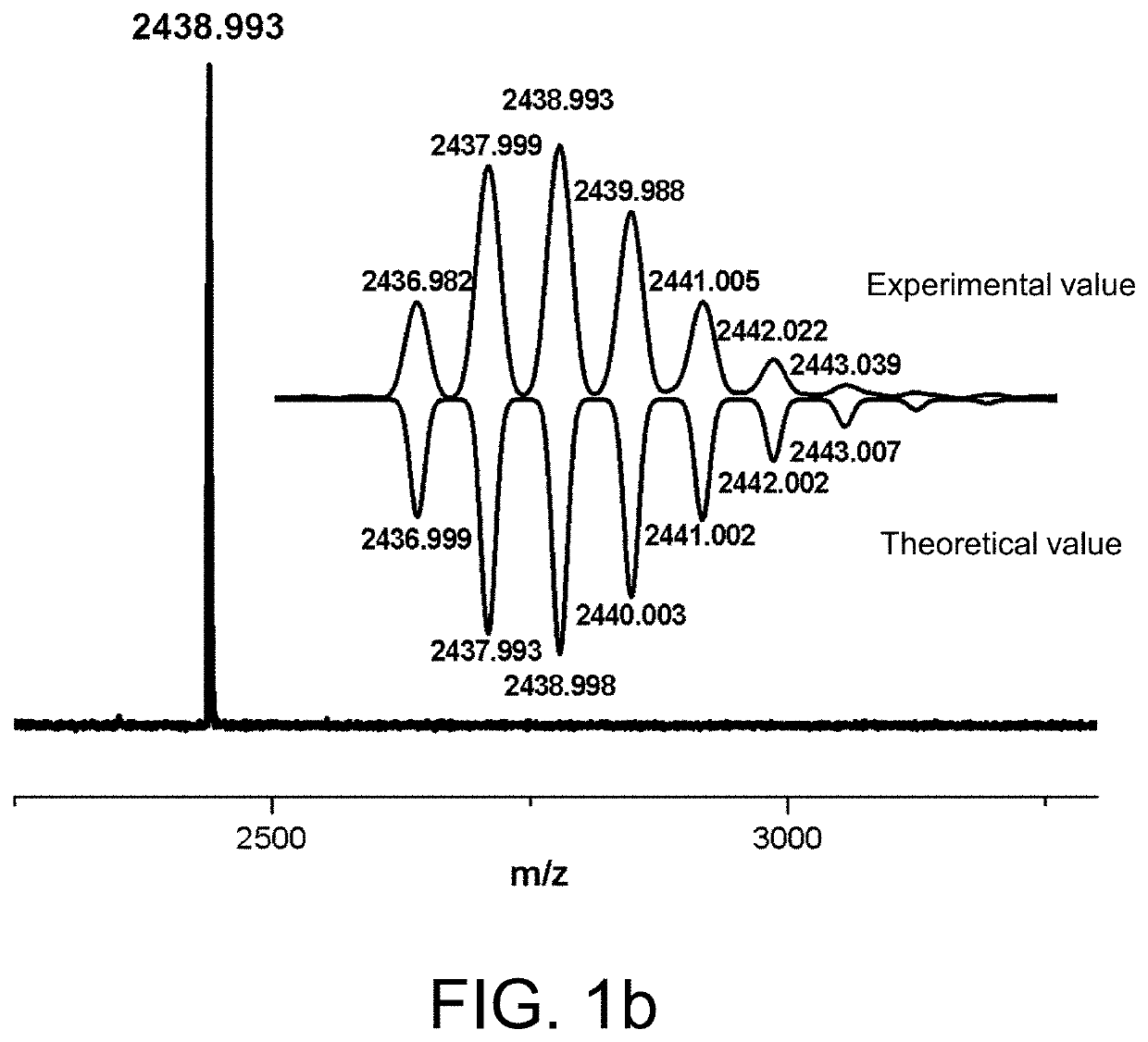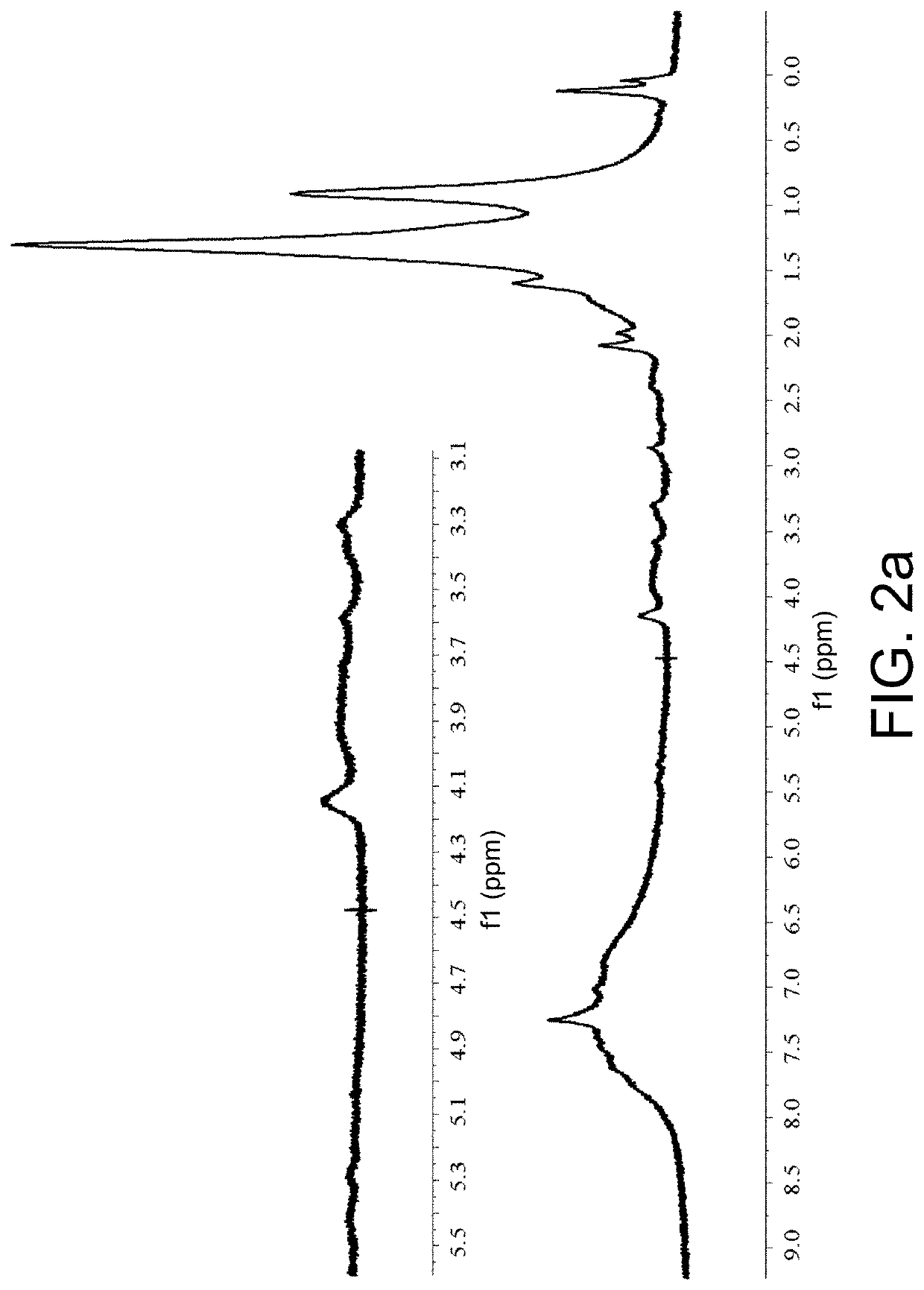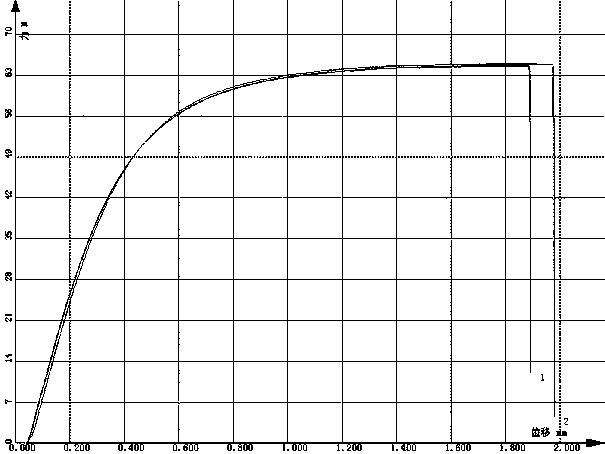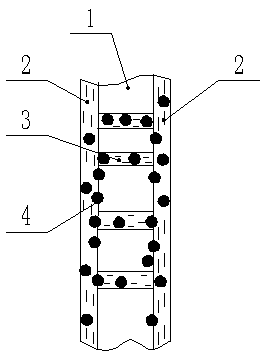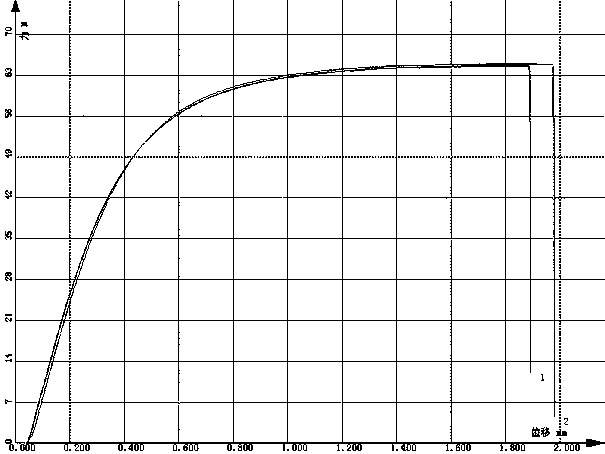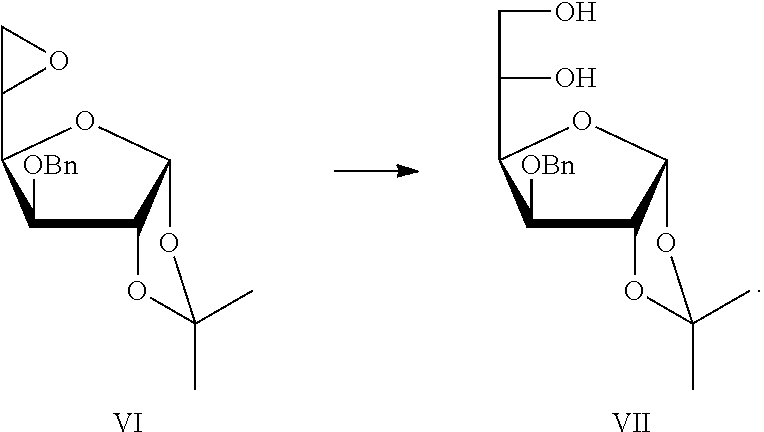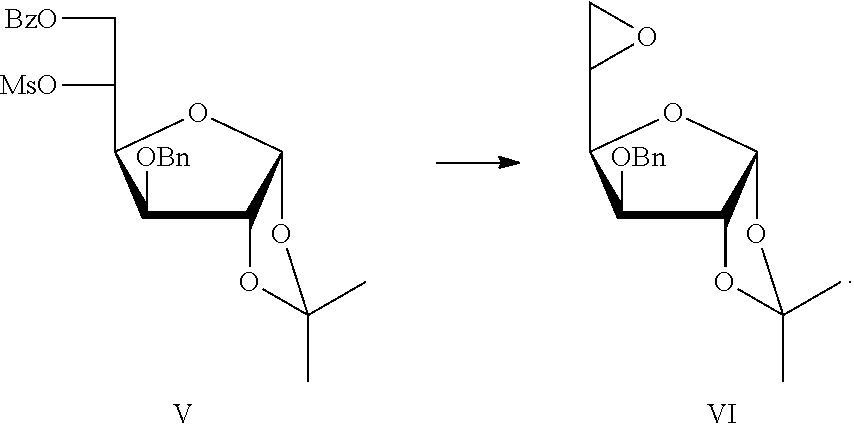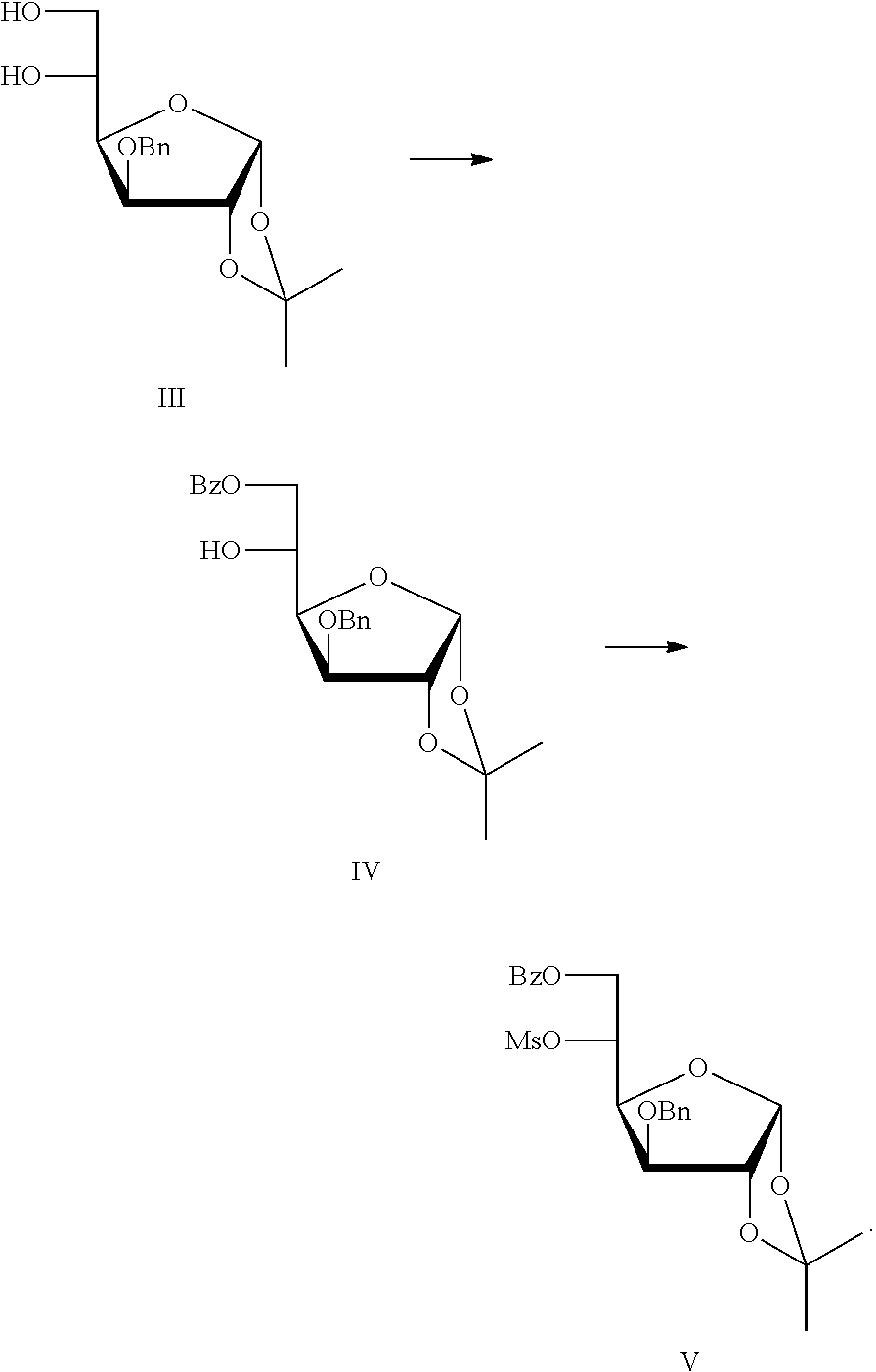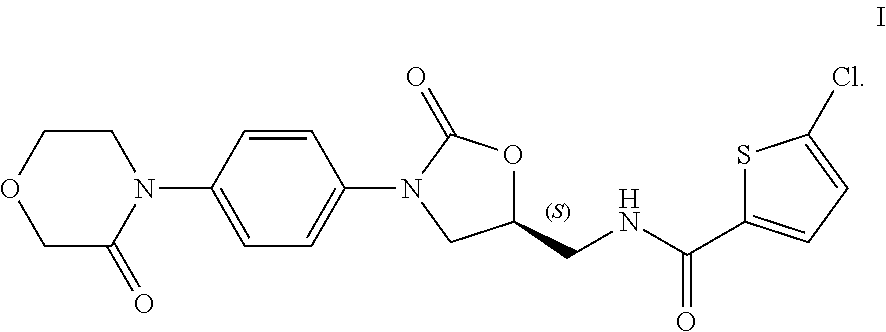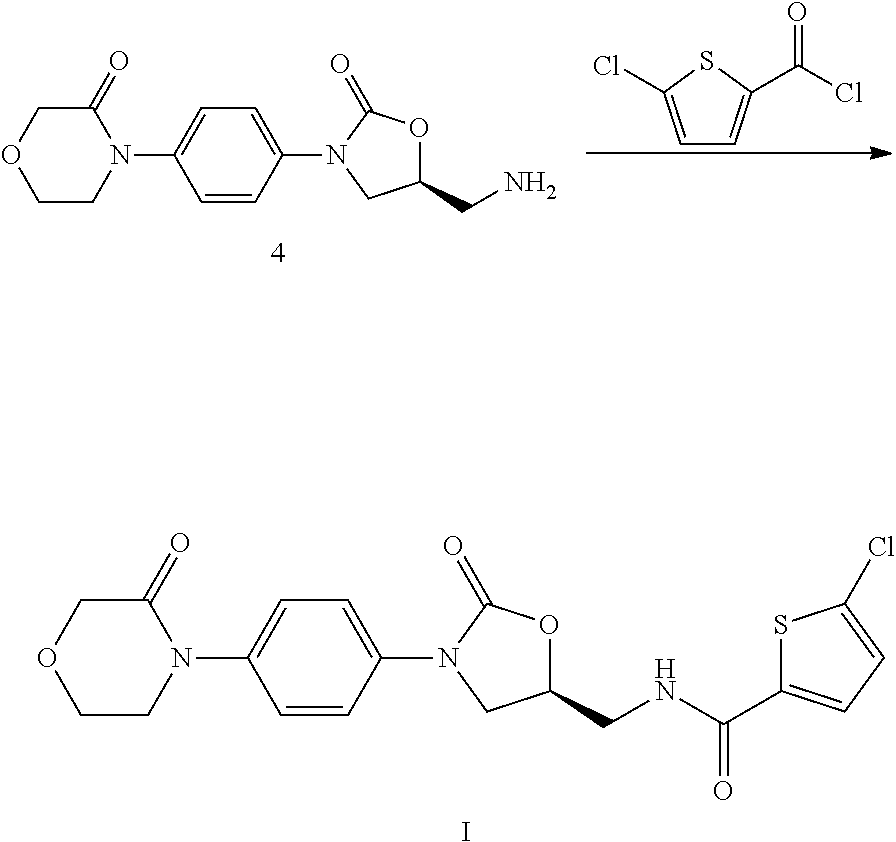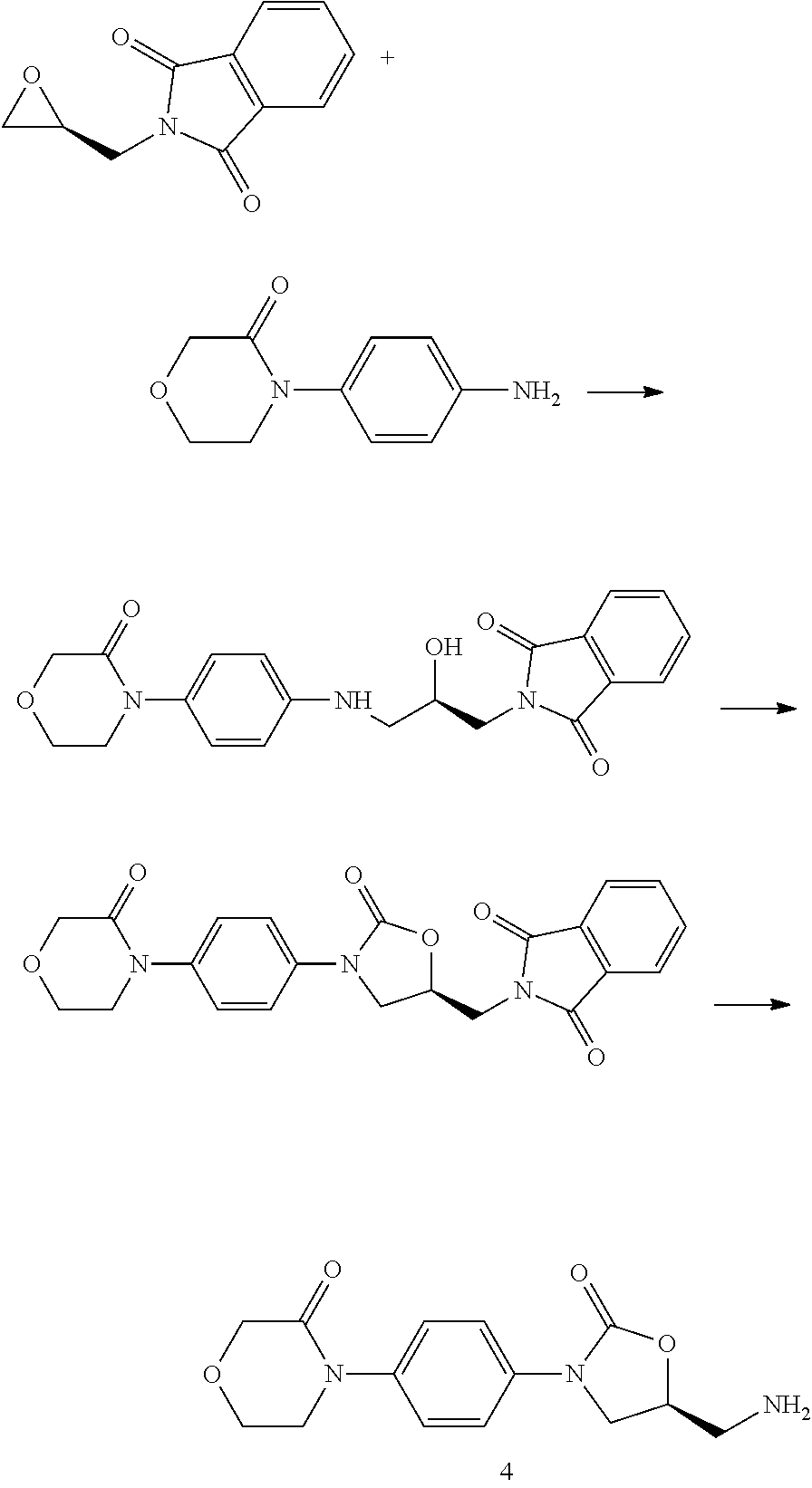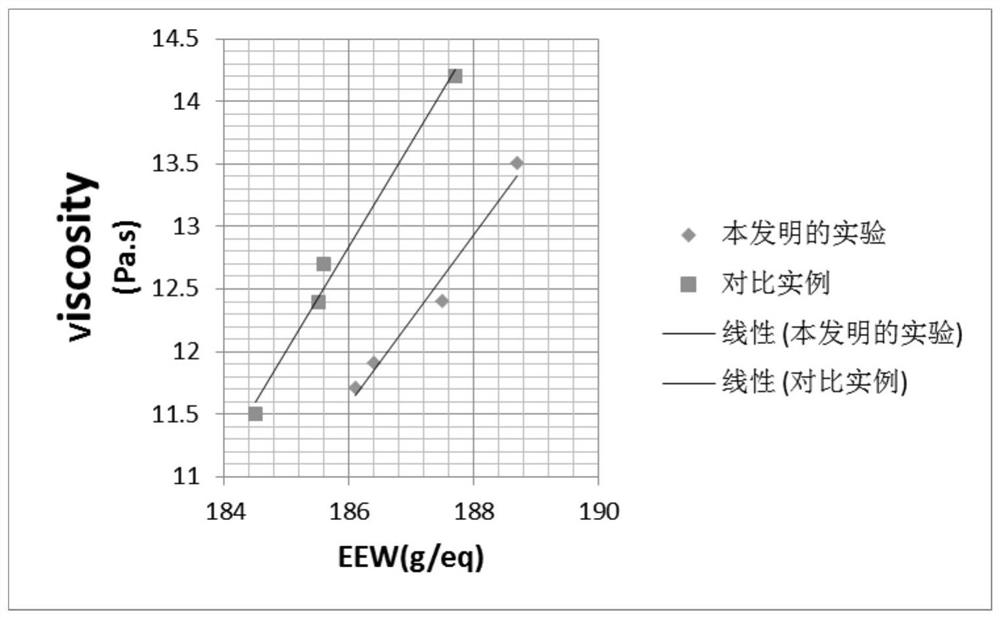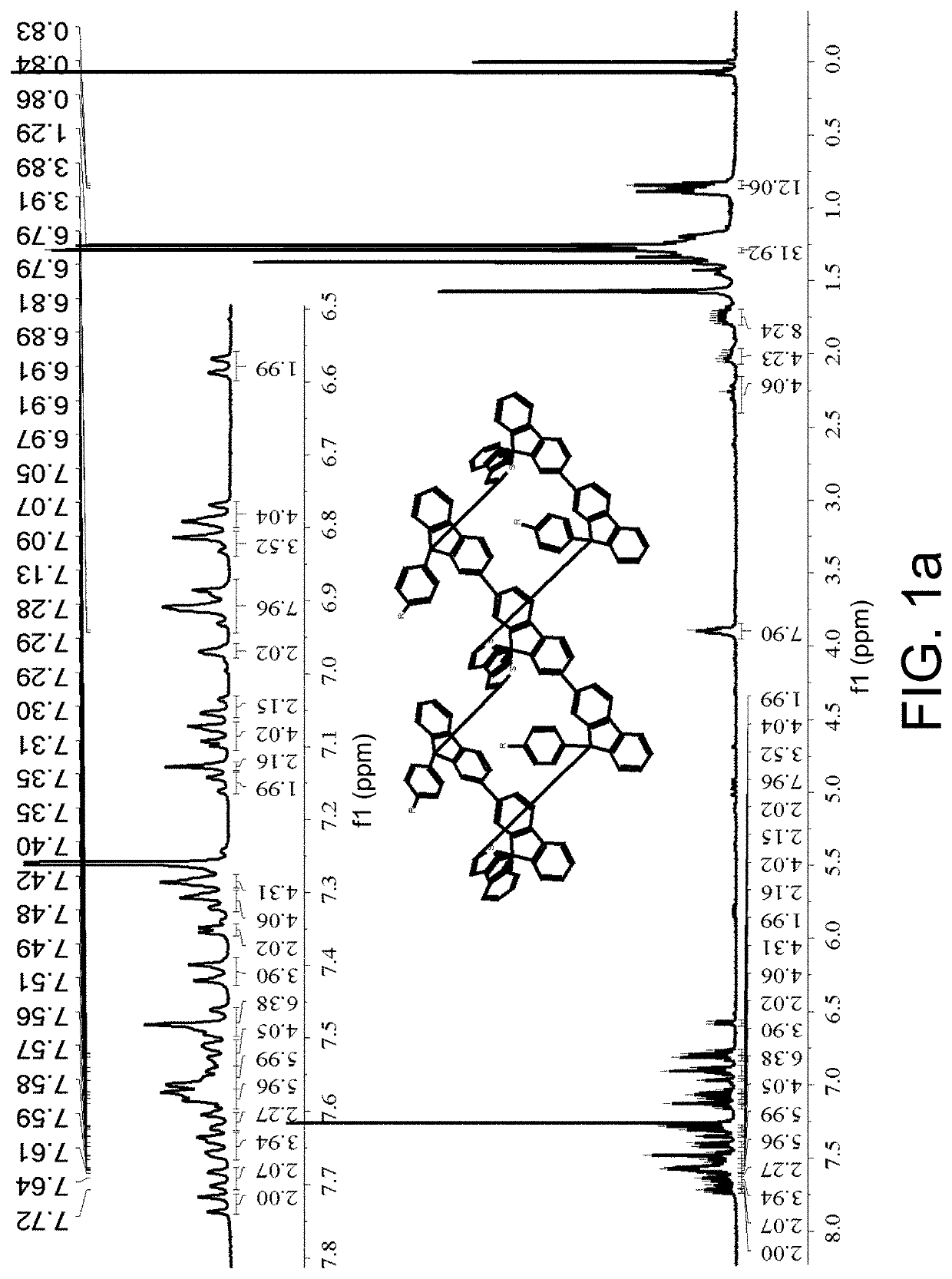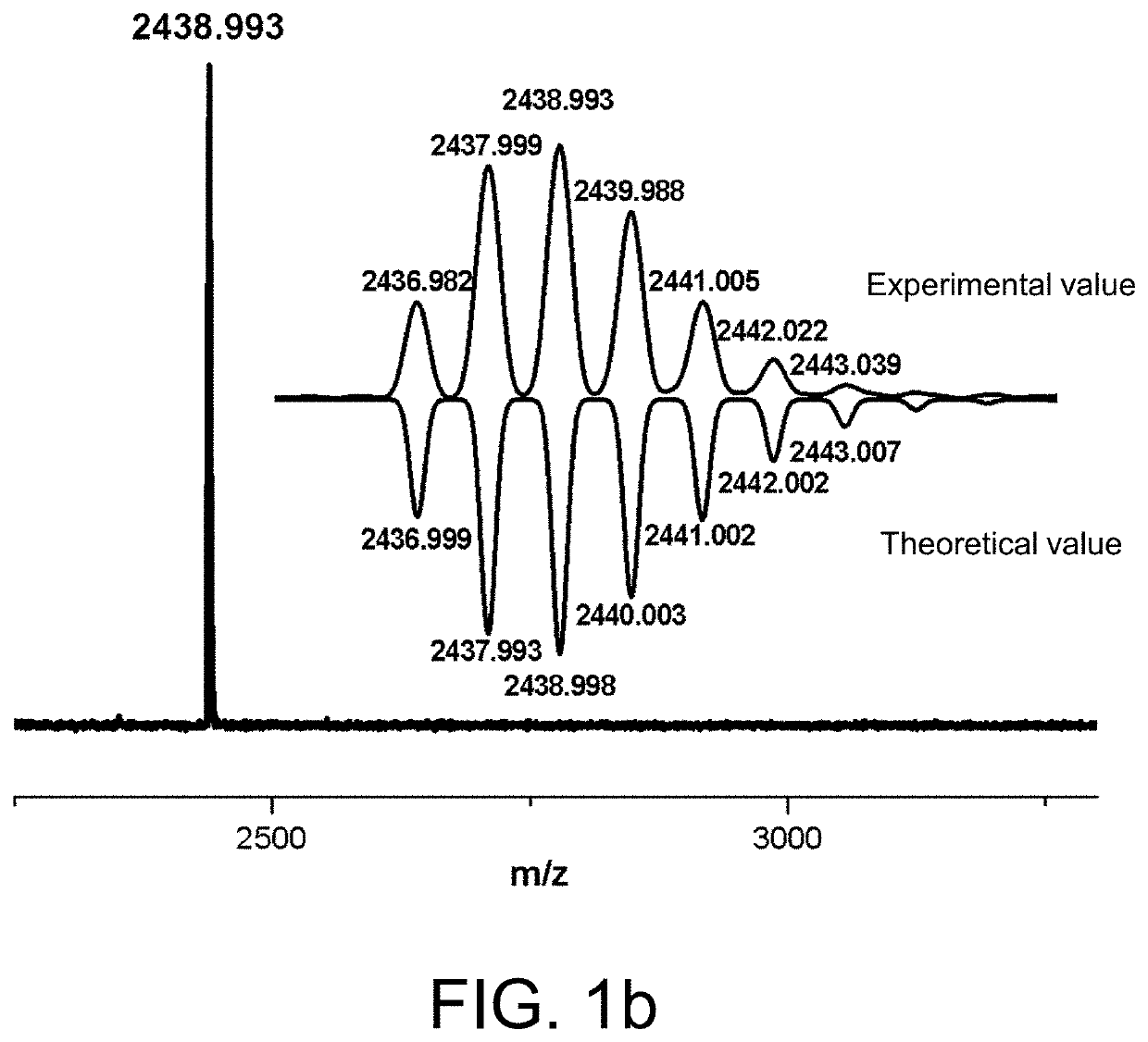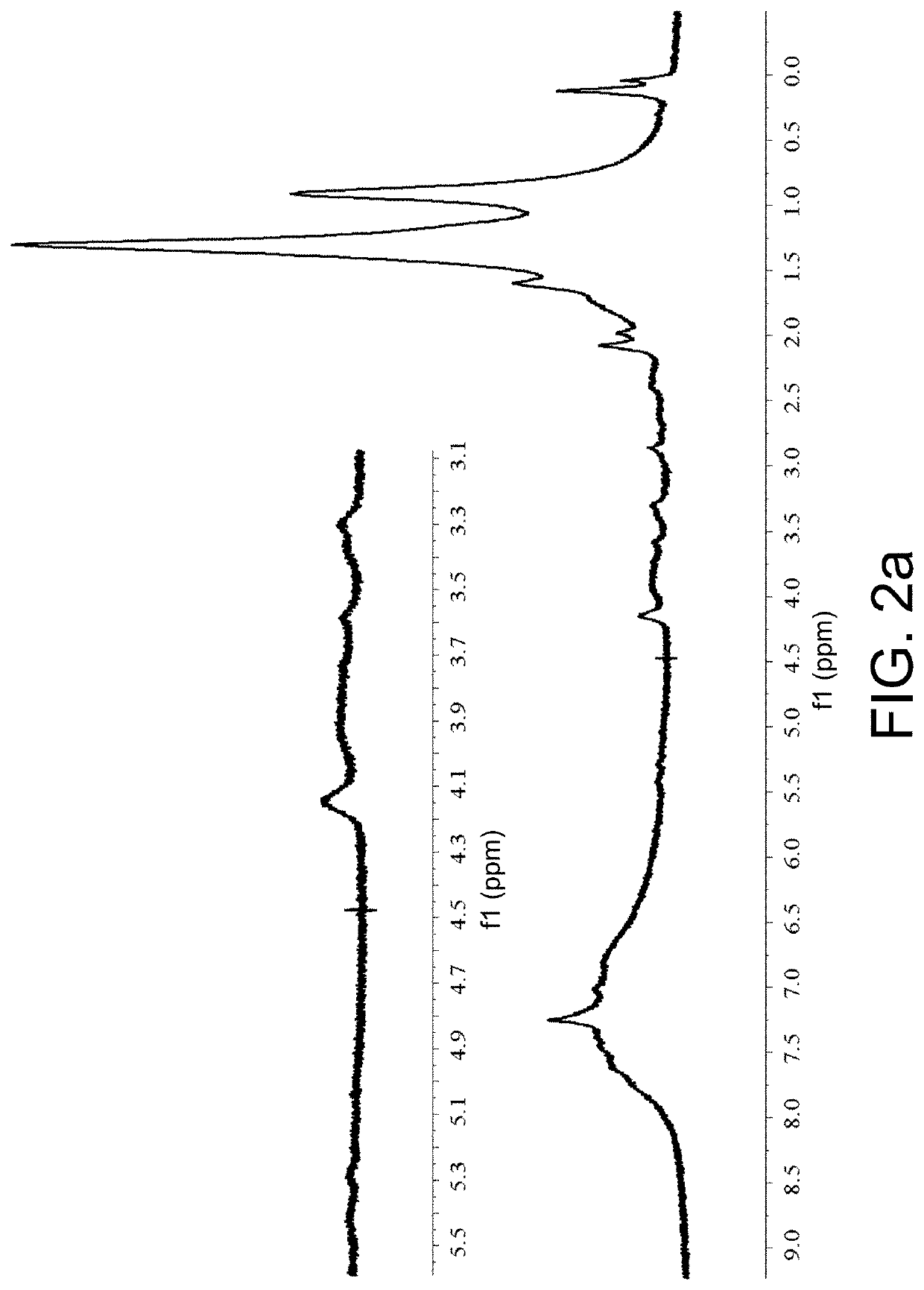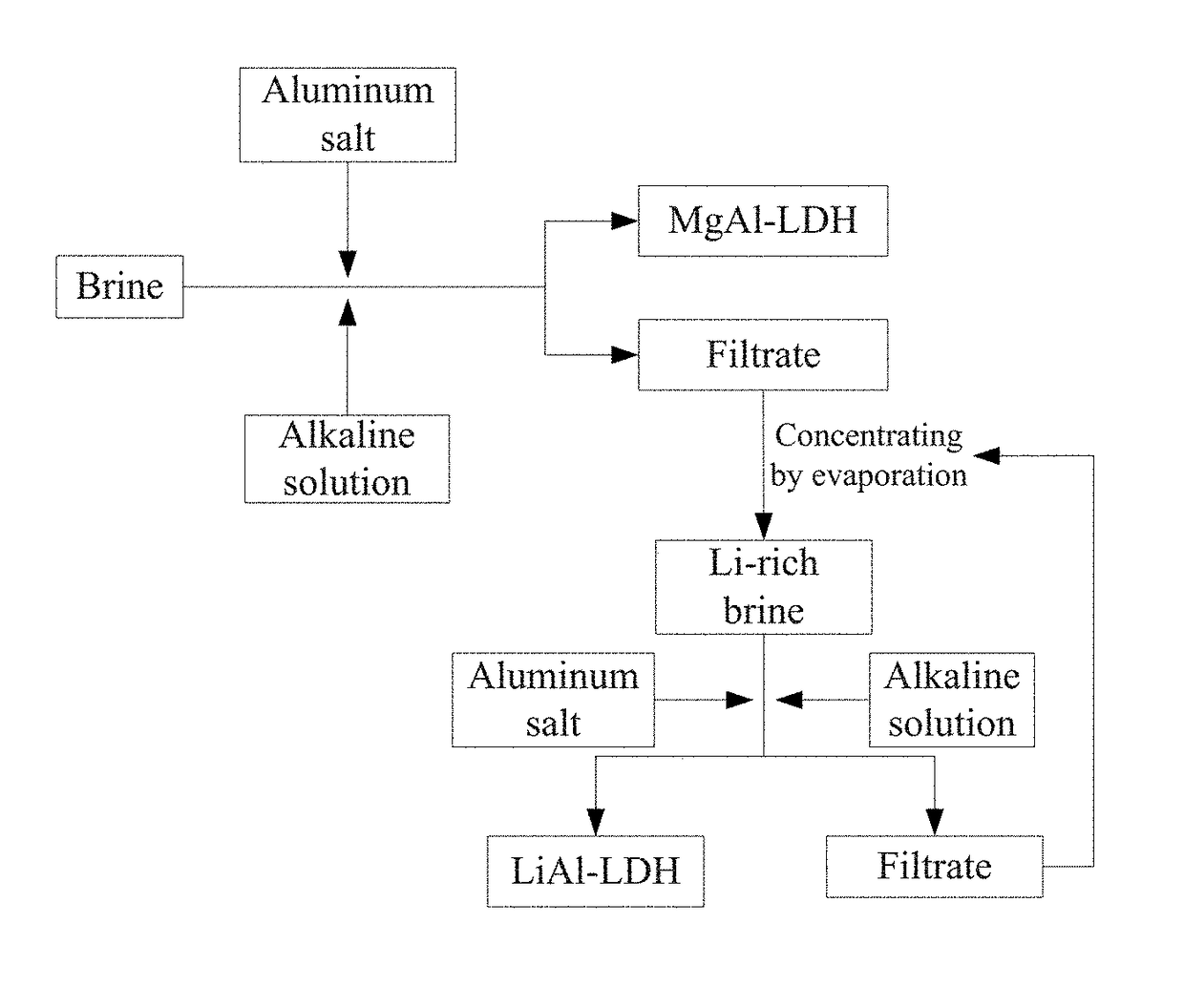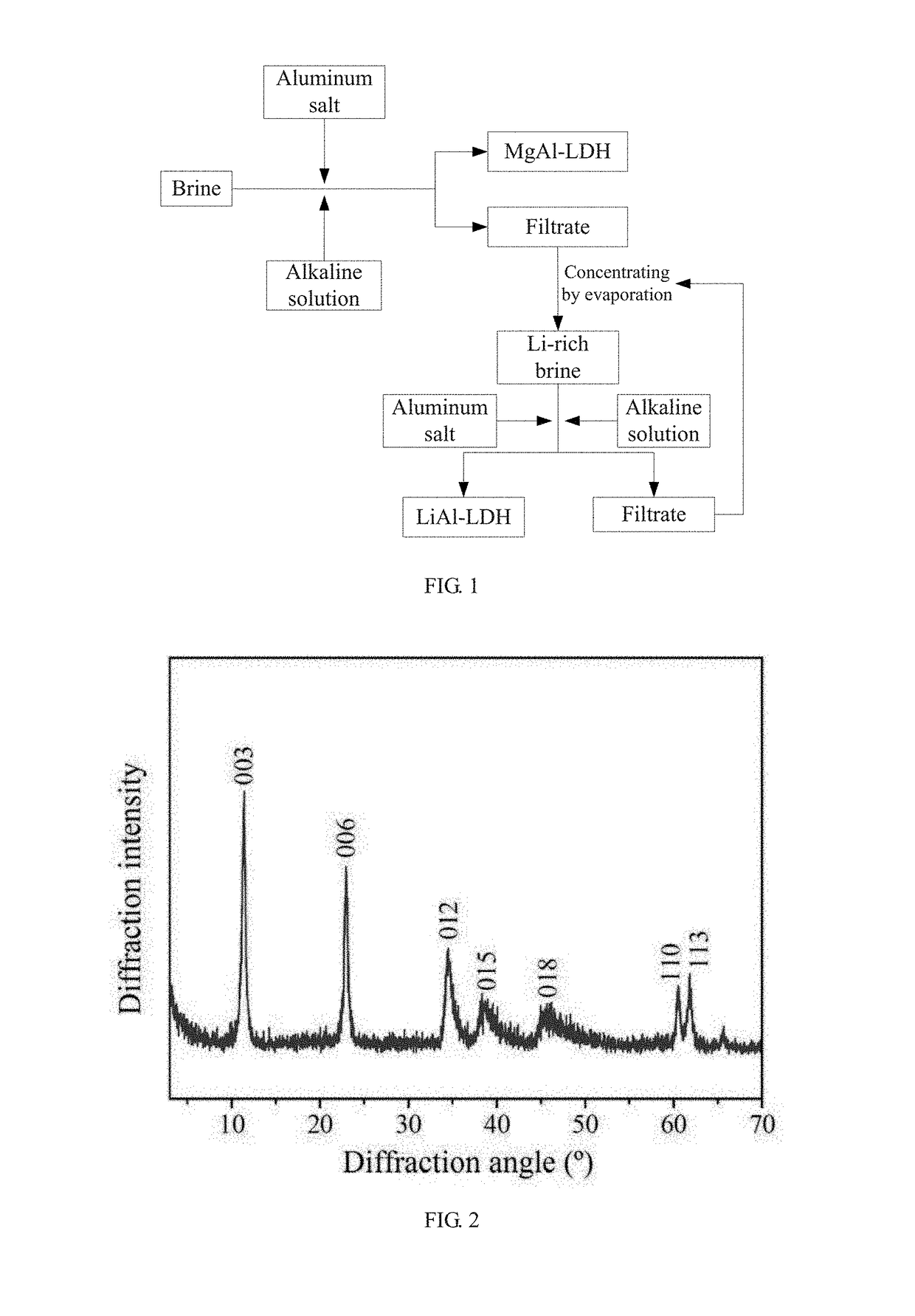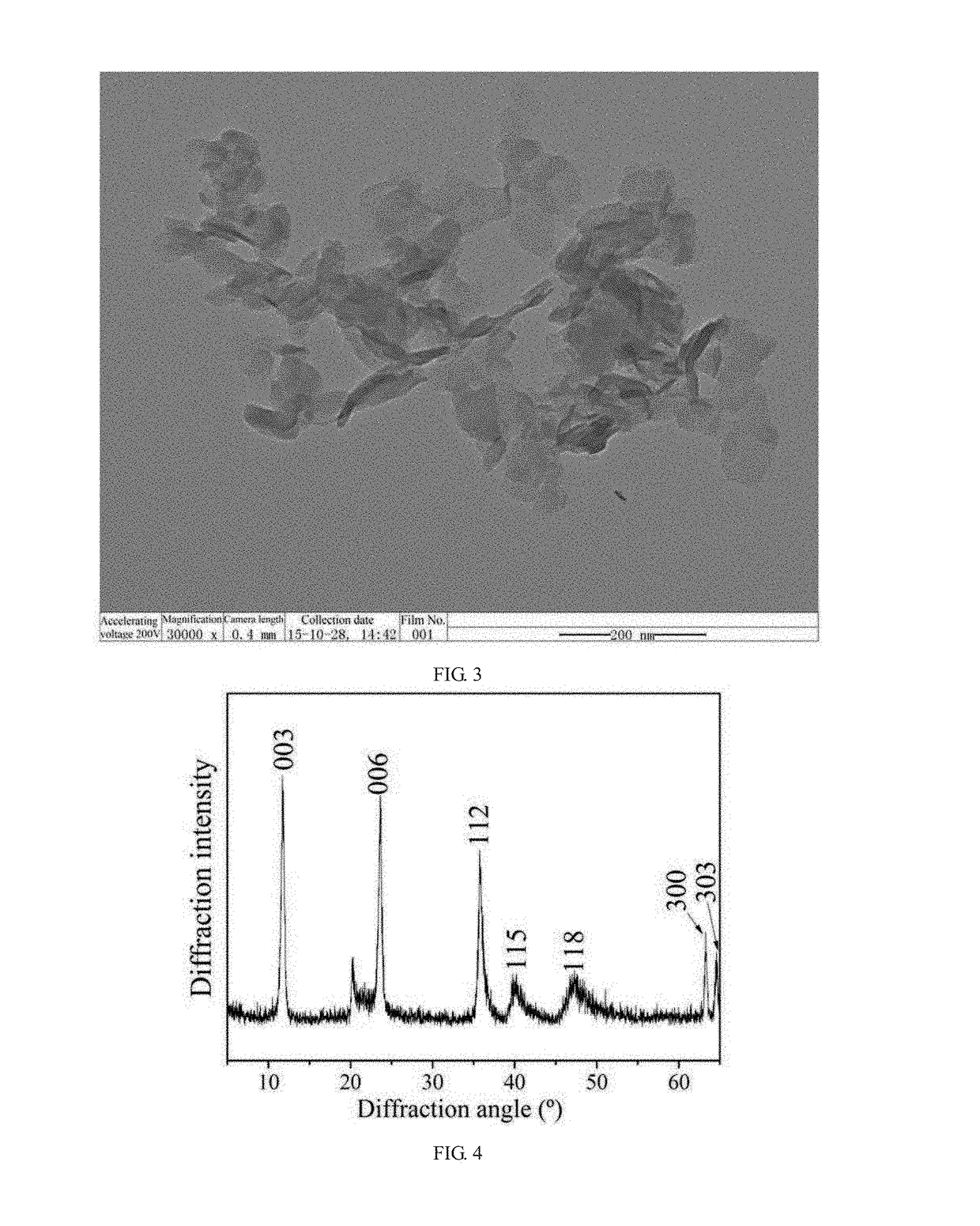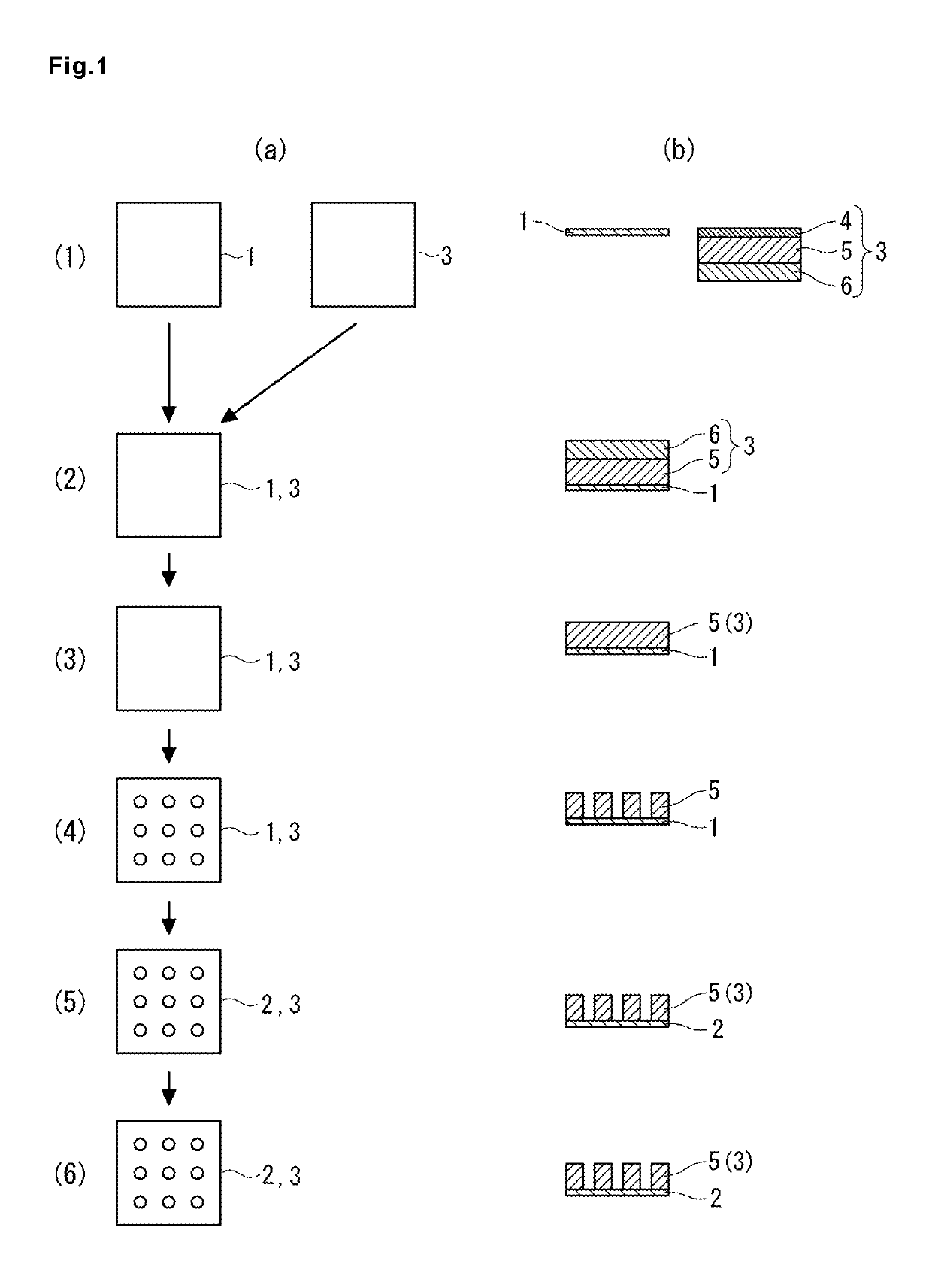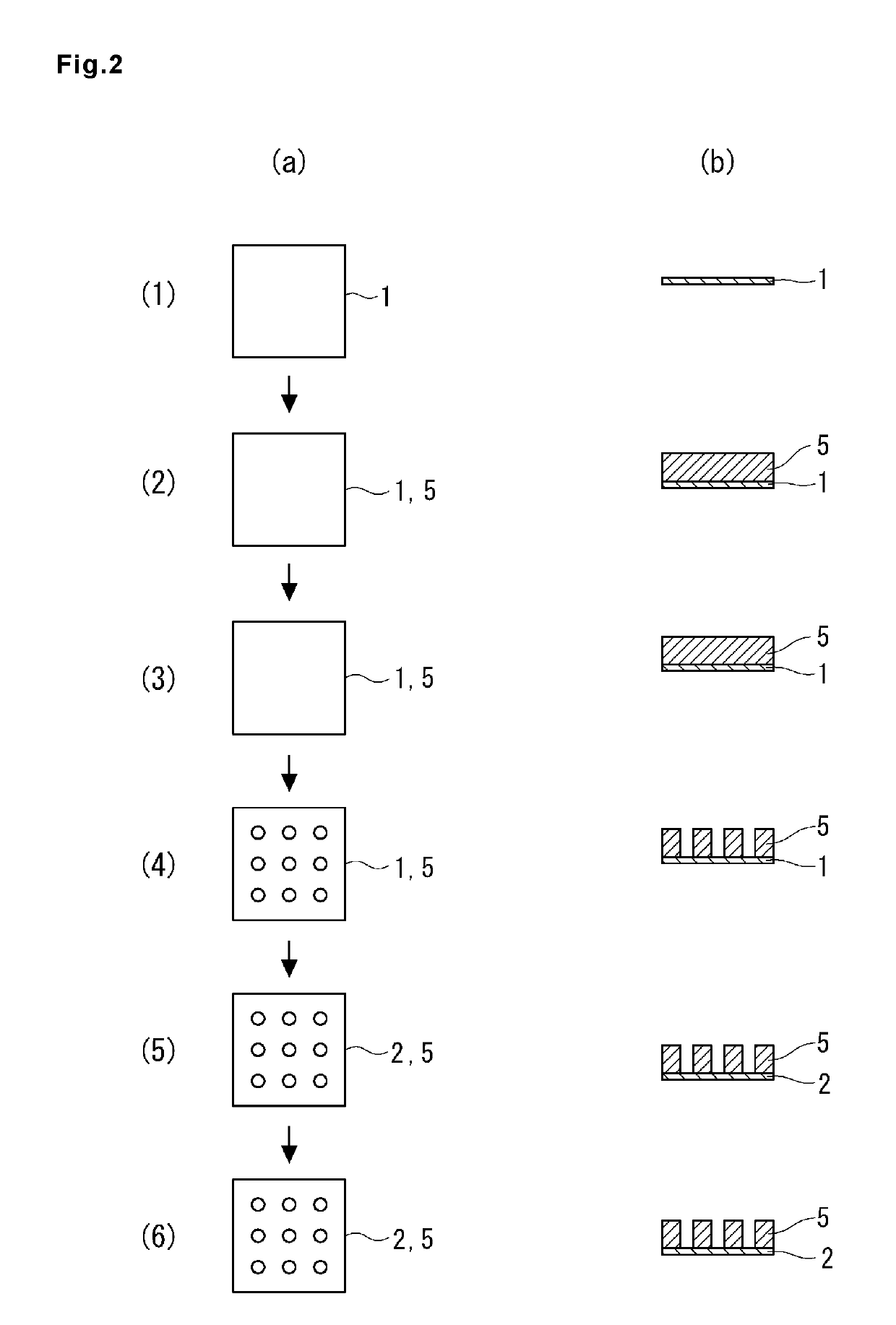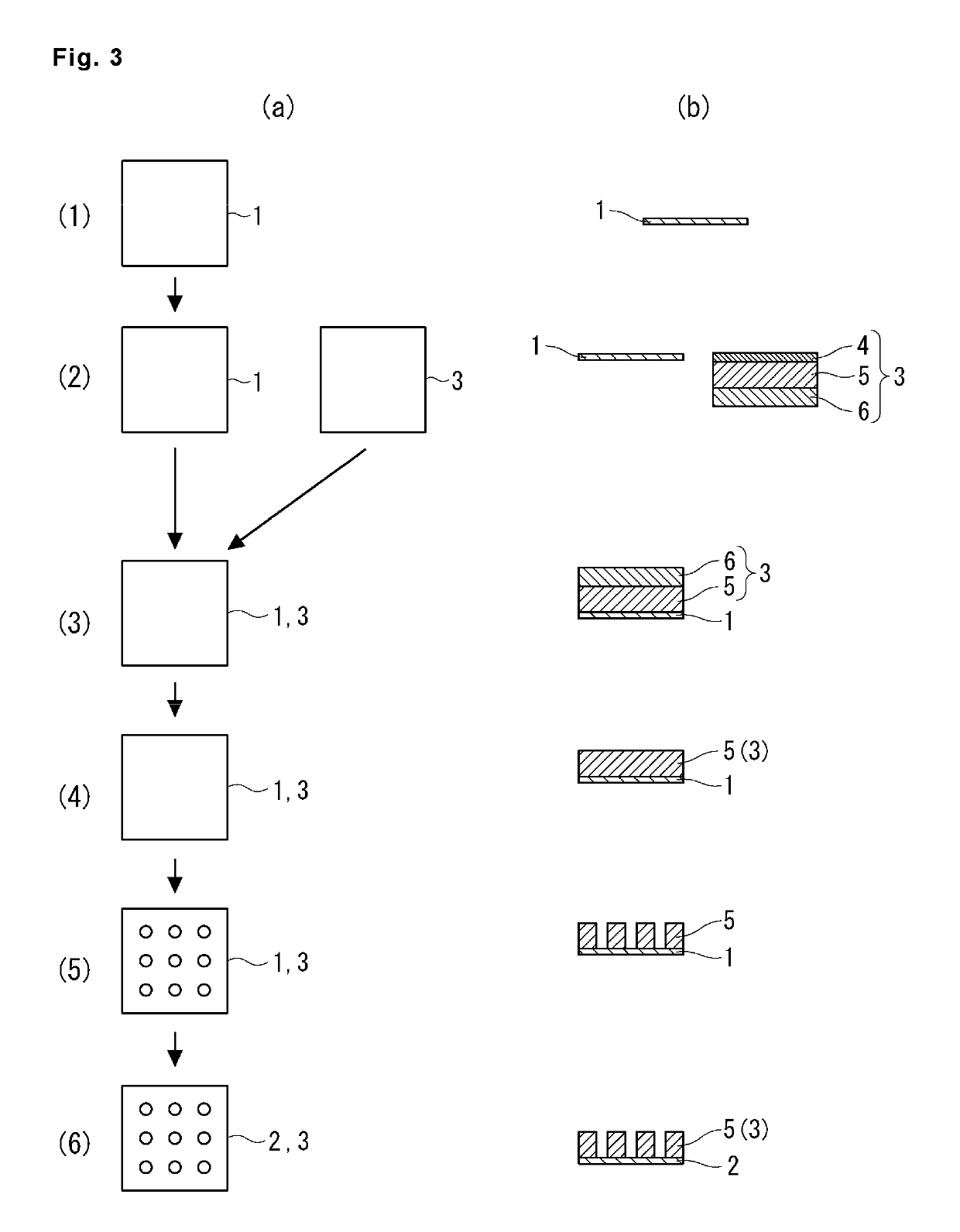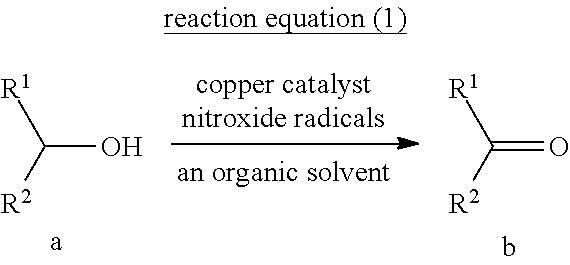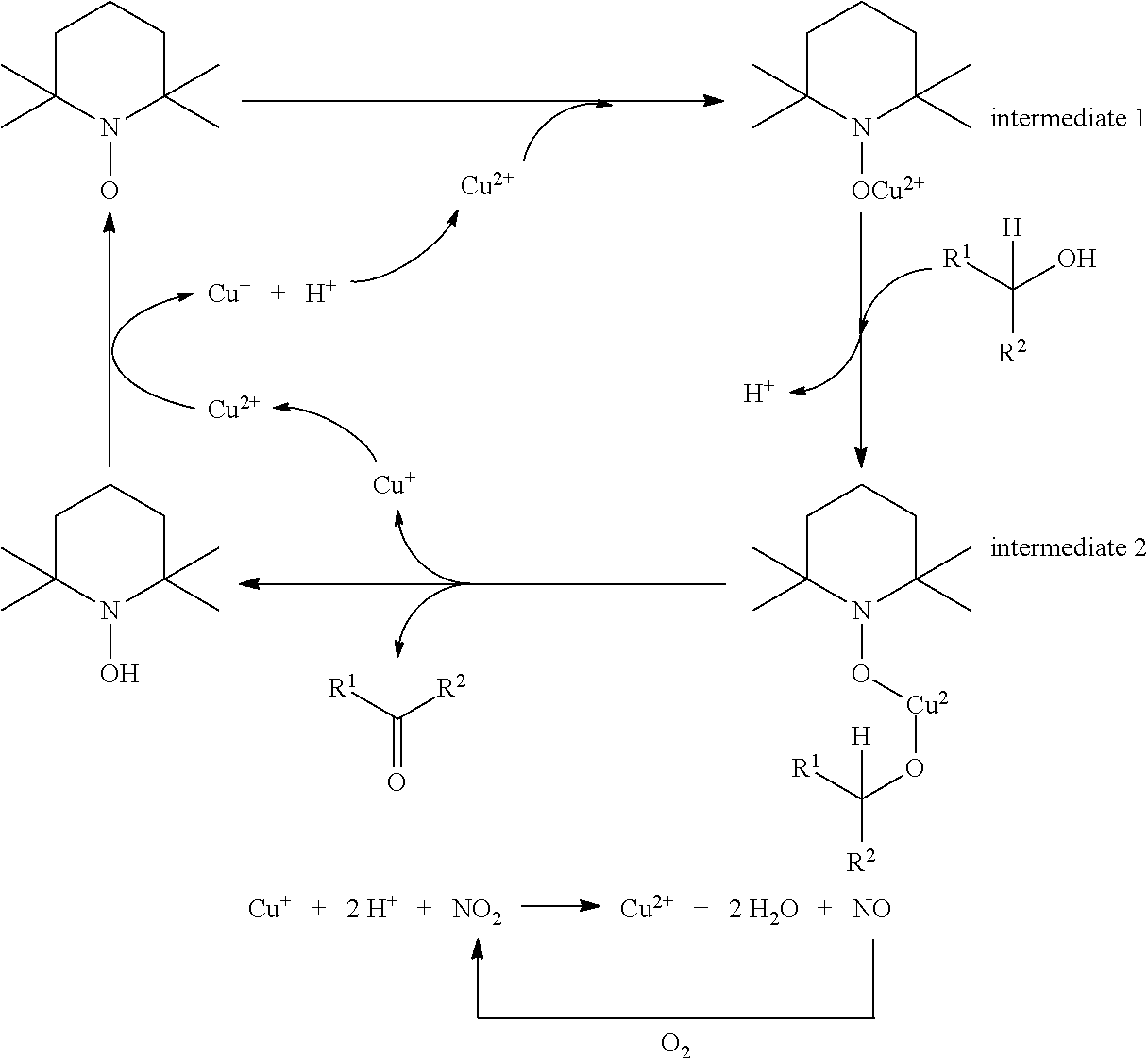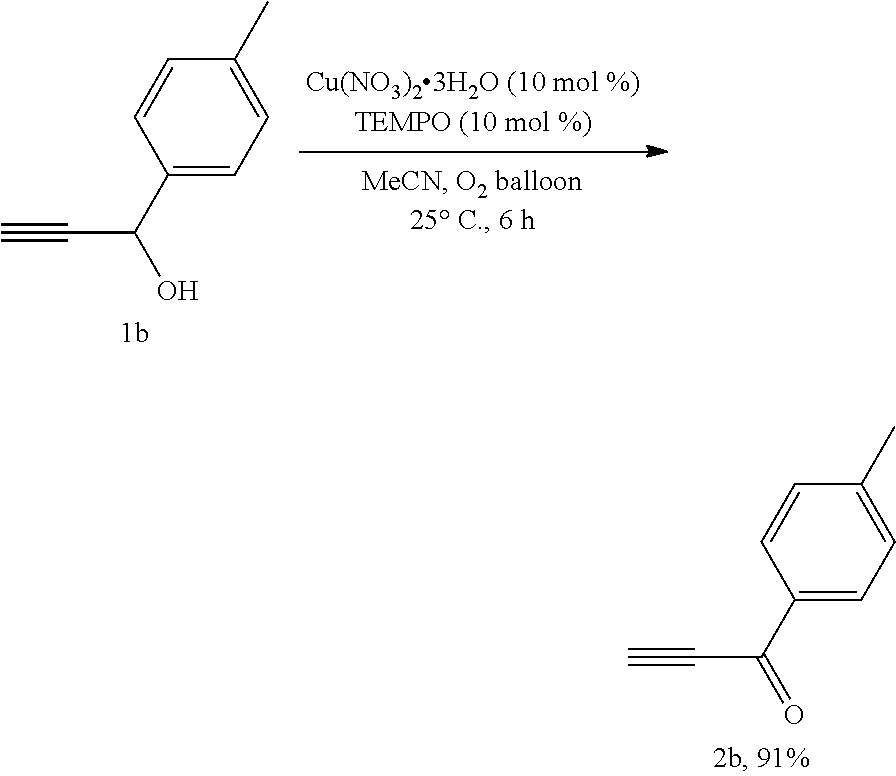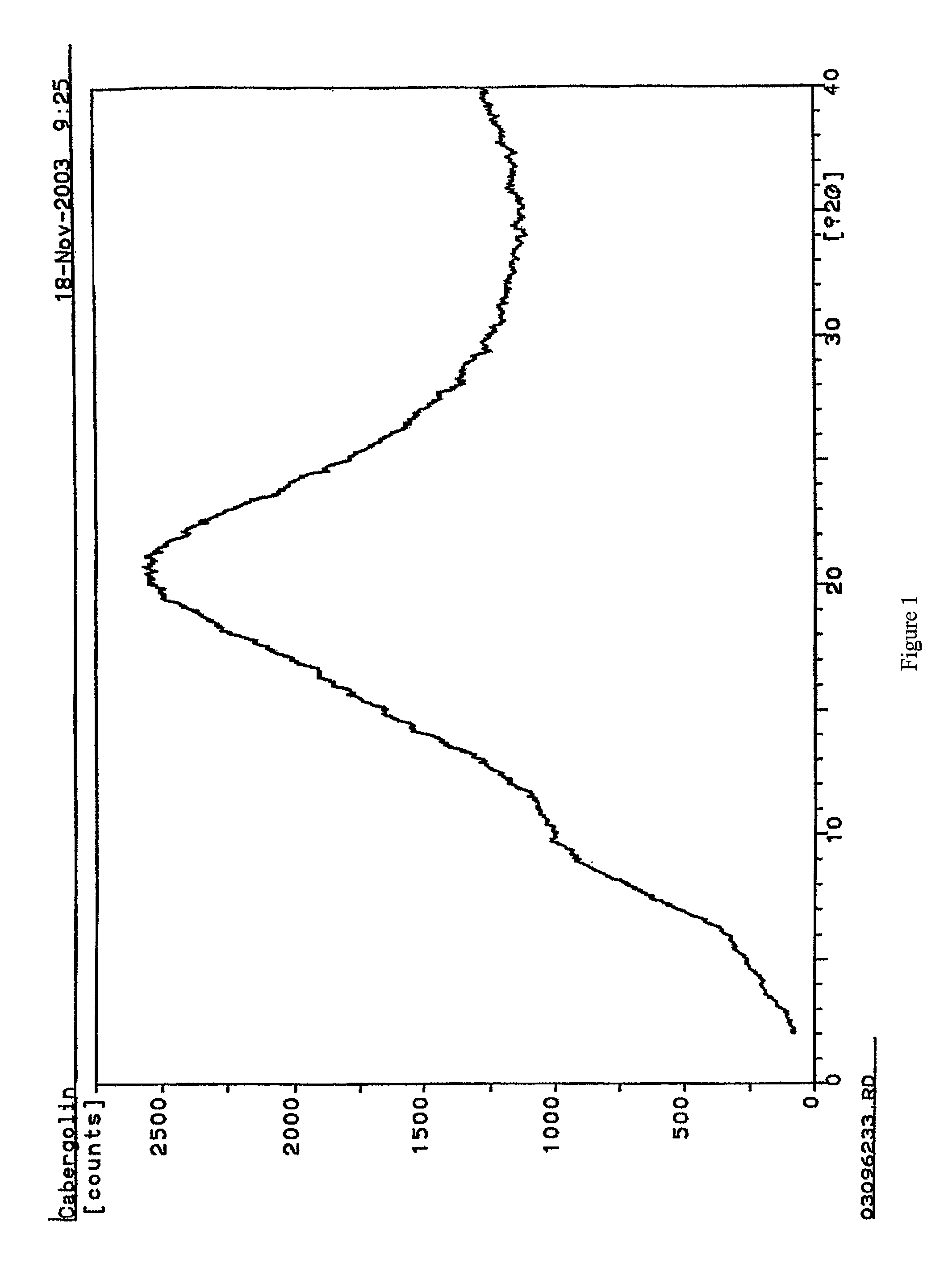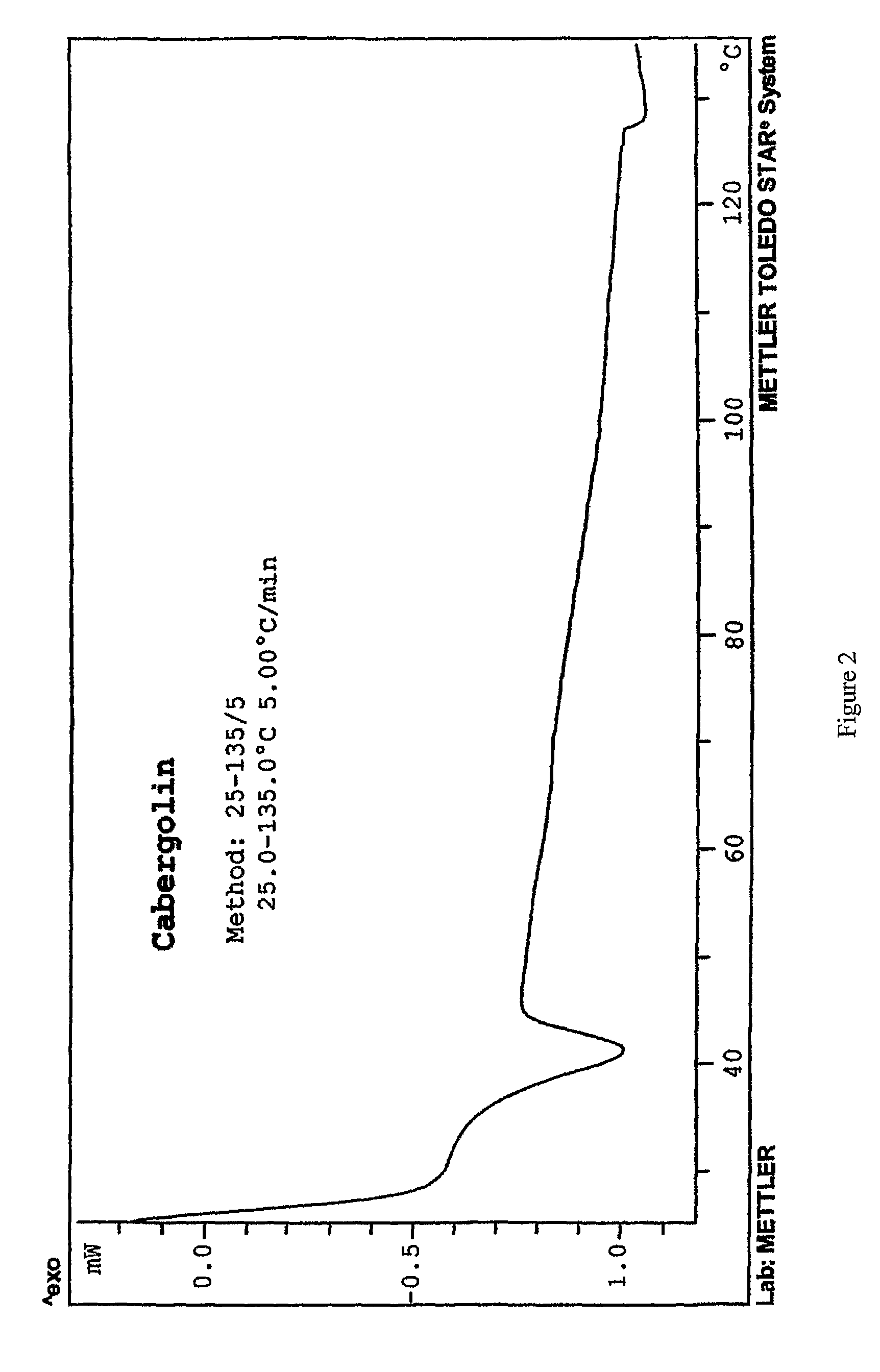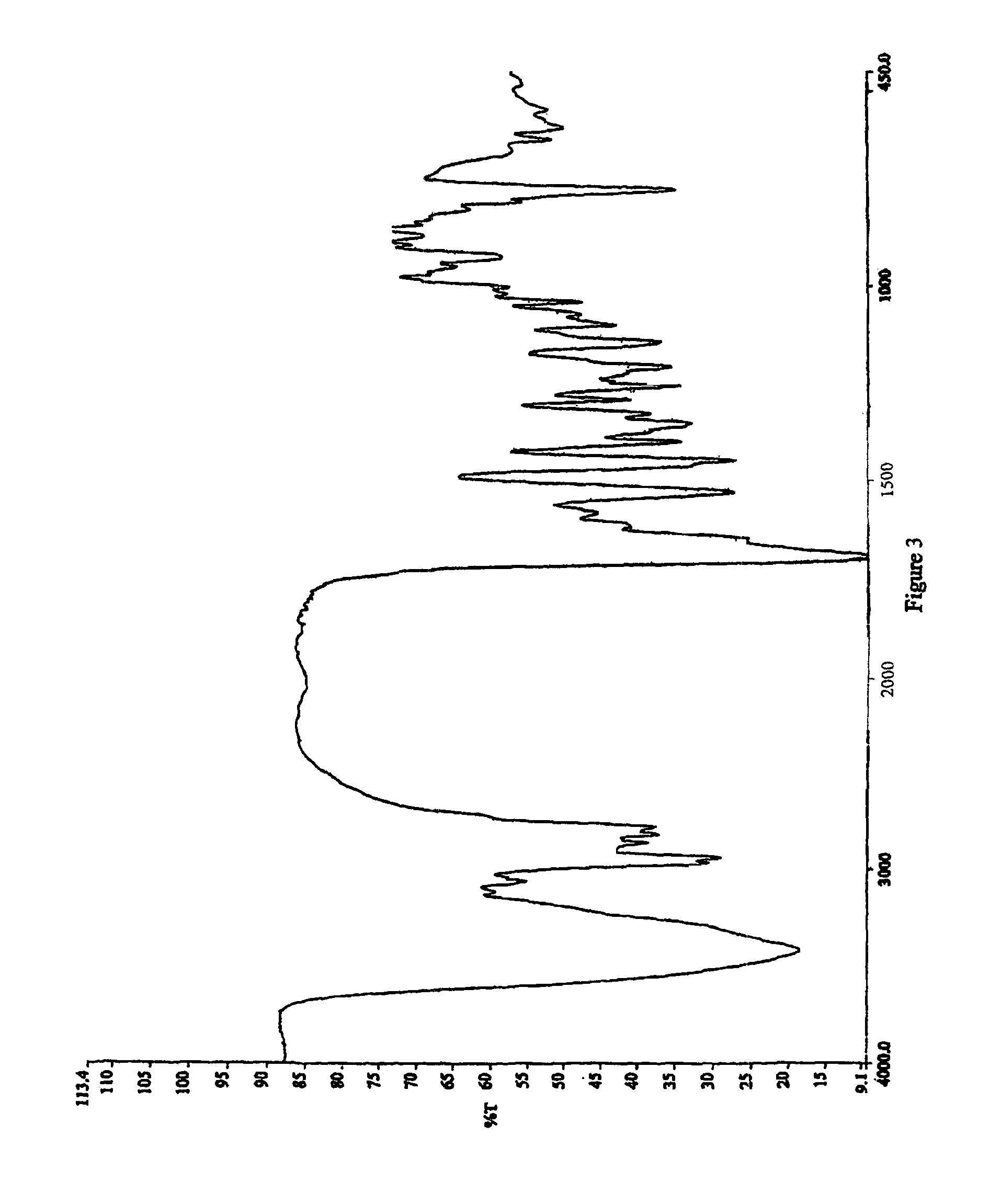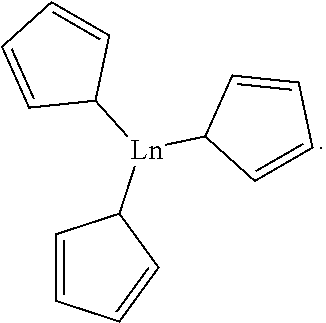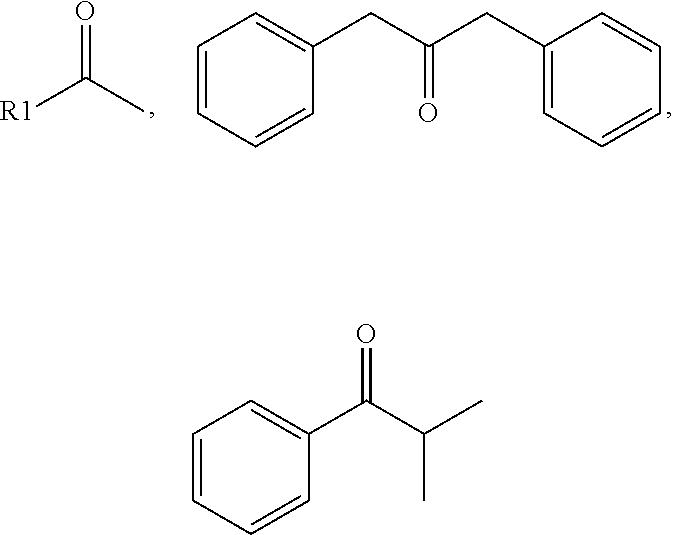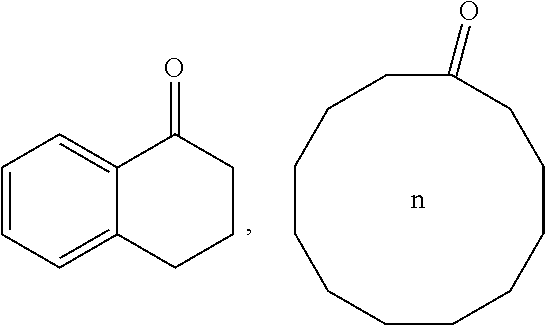Patents
Literature
34results about How to "Mild reaction" patented technology
Efficacy Topic
Property
Owner
Technical Advancement
Application Domain
Technology Topic
Technology Field Word
Patent Country/Region
Patent Type
Patent Status
Application Year
Inventor
Method for synthesizing benfotiamine
InactiveCN102911208ALow priceHigh reactivityGroup 5/15 element organic compoundsPhosphoric Acid EstersPhosphorylation
The invention relates to a method for synthesizing benfotiamine, in particular to a process for synthesizing benfotiamine which is an anti-diabetic medicament by the phosphorylation of thiamine which severs as the raw material, the opening of the thiazole ring and the reaction of multiple steps. Benfotiamine is subjected to phosphorylation under the control of appropriate temperature and other conditions in a short time by taking phosphorus oxychloride as a phosphorylation reagent to obtain monophosphothiamine, and finally the steps of ring opening and benzoylation are carried out to obtain benfotiamine. The process has the advantages of high conversion rate of raw materials, low-cost, high product purity and greatly reduced production cycle and is suitable for industrial production.
Owner:TONGJI UNIV
Substituted delta-lactones and methods of preparing same
The invention relates to substituted delta-lactones as well as to processes for synthesizing them, e.g., using fatty acids as starting material.
Owner:P2 SCI INC
Synthesis process of dimido dipheny compound
InactiveCN104844462AIncrease dosageReduce dosageOrganic compound preparationAmino compound preparationBenzeneP-Phenylenediamine
The invention discloses a synthesis process of a dimido dipheny compound. The synthesis process disclosed by the invention comprises the following steps: by taking benzene(I) as a raw material, carrying out continuous nitration on a micro reactor platform to obtain a mixed nitrobenzene compound (II); then obtaining a mixed diaminobenzene compound (III) by carrying out catalytic hydrogenation reduction under a mild condition with temperature of 50~70 DEG C and hydrogen gas pressure not higher than 1.0MPa; and purifying to obtain o-phenylenediamine, p-phenylenediamine and m-phenylenediamine. The synthesis process disclosed by the invention has the benefits that: the use level of nitric acid is low, so that the waste acid is easy to concentrate and apply mechanically; the heat release is less, the product dinitrobenzene compound (II) is quickly transferred, the reaction phenomenon is stable without intense heat release and even punch of a common autoclave nitration reaction, so that the safety of nitration reaction is improved; the rate in nitrification reaction is fast, and the energy consumption is reduced; the reaction phenomenon is stable, so that the safety of catalytic hydrogenation reduction reaction is improved; the synthesis process is a new technique which is high in safety, easy to industrialize and less in environment protection.
Owner:ANHUI SHENGYUAN CHEM
Triarylamine compound, preparation method thereof and organic light-emitting device
PendingCN113816863AImprove electron donating abilityImprove hole transport performanceOrganic chemistry methodsSolid-state devicesOrganic solar cellOrganic film
The invention provides a triarylamine compound, a preparation method thereof and an organic light-emitting device, which relate to the technical field of organic photoelectric materials. The triarylamine compound has an aliphatic ring on benzene or 9-phenyl of fluorenyl, the aliphatic ring has electron donating ability relative to aryl, the electron donating ability of the compound is further enhanced, and the triarylamine compound has excellent steric configuration, effectively controls the crystallinity of a material, and has good thermal stability. The light-emitting efficiency and the service life of the organic light-emitting device can be improved; the driving voltage of the device is reduced; and the triarylamine compound provided by the invention is applied to the organic light-emitting device as a covering layer material, so that the light-emitting efficiency of the organic light-emitting device can be improved, and meanwhile, the service life of the device can also be prolonged. The triarylamine compound is simple to synthesize and easy to operate, and can be widely applied to the fields of panel display, lighting sources, organic solar cells, organic photoreceptors or organic thin film transistors and the like.
Owner:CHANGCHUN HYPERIONS TECH CO LTD
Titanium-silicon molecular sieve catalyst, preparation method thereof and application thereof in production of propylene oxide
InactiveCN107008494AHigh activityNot easy to crushOrganic chemistryMolecular sieve catalystsMolecular sieveTitanium
The invention discloses a titanium-silicon molecular sieve catalyst, a preparation method thereof and application thereof in the production of propylene oxide. Titanium in the titanium-silicon molecular sieve catalyst of the invention has mass fraction of 0.5-5%, particle size of 0.5-10 nm, specific surface area of 50-500 m<2>, particle size of 0.3-0.6 mm and bulk density of 0.1-0.6 g / cm<3>. The particles of the titanium-silicon molecular sieve catalyst are rarely break and have high activity. The titanium-silicon molecular sieve catalyst prepared herein breaks rarely; by applying the titanium-silicon molecular sieve catalyst to the production of propylene oxide, high activity is exhibited, the yield of propylene oxide can be increased, the procedure of equipment is simplified, and equipment investment is 1 / 3 lower than oxidation process in terms of investment cost.
Owner:江苏道尔顿石化科技有限公司
Substituted delta-lactones and methods of preparing same
Owner:P2 SCI INC
Method for recovering and treating chromium from waste chromium electrodeposition solution
The process of recovering chromium from waste electric deposition solution includes adding concentrated sulfuric acid and hydrazine hydrate in certain amount into waste electric deposition solution at 28-32 deg.c to reduce six-valent chromium into trivalent chromium; depositing trivalent chromium with concentrated ammonia water; filtering and washing the precipitate; adding sulfuric acid to dissolve the precipitate, evaporation and stoving to obtain Cr2(SO4)3 crystal. The process has chromium recovering rate over 95 %, and has mild condition, fast speed and no harmful gas produced.
Owner:GUILIN UNIVERSITY OF TECHNOLOGY
Chemical corrosive used for manufacturing micropore aluminum foil
InactiveCN107740100AHigh resistivityHigh tensile strengthElectrode carriers/collectorsMolar concentrationMetallurgy
The invention discloses a chemical corrosive used for manufacturing a micropore aluminum foil, belonging to the technical field of manufacturing of lithium battery anode materials. The invention aimsto solve the technical problem of providing the chemical corrosive for manufacturing the high-performance micropore aluminum foil. The scheme adopted by the invention is characterized in that the corrosive comprises the following solution of molar concentrations: 0.1-3 mol / L of Cl<-> and 0.1-3 mol / L of Fe<3+> and Cu<2+>; the corrosive further comprises the following solution of molar concentrations: 0.01-0.1 mol / L of H<+>; and the corrosive further comprises the following solution of molar concentrations: 0.01-0.1 mol / L of OH<->. The chemical corrosive can be widely applied to the technical field of micropore aluminum foil manufacturing.
Owner:산시우테하이머뉴매테리얼스테크놀러지컴퍼니리미티드
Alkane sensing material, preparation method and use method
InactiveCN107384376ARaw materials are easy to obtainMild reactionFluorescence/phosphorescenceLuminescent compositionsAlkaneNanoparti cles
The invention provides an alkane sensing material, a preparation method and a use method. The alkane sensing material is formed by hybrid inlaying of amino and FeS nanoparticles. The alkane sensing material has a structural general formula shown as the specification, wherein R1, R2 and R3 are group containing a structure shown as the specification, and n is a positive integer of not less than 40. A series of experimental results show that the alkane sensing material provided by the invention has characteristic sensing properties to alkane.
Owner:XIANYANG NORMAL UNIV
Preparation method of hexafluoroethane
InactiveCN107540514AMild reactionAvoid breaking carbon bondsHalogenated hydrocarbon preparationChemistryHexafluoroethane
The invention discloses a preparation method of hexafluoroethane. The preparation method comprises following steps: 1, a fluorating agent is prepared, wherein raw material cobaltous fluoride is delivered into a reactor for drying dehydration, fluorine gas is delivered into the reactor for reaction with cobaltous fluoride under appropriate reaction conditions so as to obtain a needed fluorating agent cobaltic fluoride; 2, the fluorating agent is reacted with tetrafluoroethene to prepare hexafluoroethane, wherein after preparation of the fluorating agent, the reactor is adjusted to appropriate reaction conditions, tetrafluoroethene is delivered into the reactor for reaction with the fluorating agent so as to obtain hexafluoroethane; tetrafluoroethylene is subjected to dehydration treatment before introduction of tetrafluoroethylene into the reactor, and the obtained product is subjected to purifying via alkali washing, water washing, adsorption, and rectification so as to obtain the highpurity product. The reaction conditions are mild; breaking of carbon bonds is avoided effectively, generation of a large amount of by-products is avoided; the difficulty of subsequent purifying is reduced; equipment corrosion caused by acidic gas by-product is avoided; the preparation method is simple and safe, is convenient to control, and is low in production cost.
Owner:SHANGHAI HELI IND GAS CO LTD
Bacillus pumilus strain for high yield of tetramethylpyrazine
ActiveUS20090275108A1Mild reaction conditionsReduce material costsBacteriaUnicellular algaeBacillus pumilusMicrobiology
This invention provides a high-yield bacterial strain for producing tetramethylpyrazine named Bacillus pumilus RX3-17. The strain has been deposited in China Center for Type Culture Collection on Apr. 19, 2006. The deposit number is CCTCC M 206043. The bacterial strain, isolated from soil, is rod-shaped, 1.5 μm to 3.0 μm in length and 0.6 μm to 0.7 μm in diameter. The colony color of the strain is milky-white. The strain has typical physiological and biochemical characteristics of Bacillus pumilus. The 16s rDNA sequence of this strain shares a similarity of 99% with other Bacillus pumilus strains. This invention belongs to the domain of biotechnology. The strain can be applied to the production of tetramethylpyrazine with glucose as the substrate, solving the bottleneck of low yield in bacterial tetramethylpyrazine fermentation.
Owner:SHANGHAI APPLE FLAVOR & FRAGRANCE
Low-acrylamide deep-fried fish fillet wrapped with paste and processing method thereof
PendingCN108703296AReduce acrylamide contentReduce moisture contentFood ingredientsFlavorDeep frying
The invention discloses a low-acrylamide deep-fried fish fillet wrapped with paste and a processing method thereof. The processing method comprises the steps of fishy smell elimination, curing, preparation of wrapping paste, paste wrapping, drying and deep-frying. The content of acrylamide in the deep-fried wrapping paste fish fillet is obviously lowered and decreased to 40.99 microgram / kilogram from 89.67 microgram / kilogram; the content of oils and fats in the deep-fried fish fillet wrapped with paste is obviously lowered and decreased to 16.61% from 28.05%; the deep-fried fish fillet wrappedwith paste has the specific flavor of deep-fried food and is golden yellow in color and crispy on the outside and soft on the inside in taste. Meanwhile, the production technology is easy and efficient.
Owner:WUHAN POLYTECHNIC UNIVERSITY
Organic polyspirogrid NANO polymer material and preparation method therefor
ActiveUS20200362093A1Good photoelectric activityHigh yieldOrganic chemistryNanotechnology TechniquesOrganic electronics
Owner:NANJING UNIV OF POSTS & TELECOMM
Lithium battery positive electrode, and preparation method and application thereof
InactiveCN107768684AExtended service lifeAvoid impenetrable problemsElectrode carriers/collectorsSecondary cellsLithium iron phosphateAdhesive
The invention belongs to a lithium battery positive electrode, and a preparation method and the application thereof, and belongs to the technical field of manufacturing of a lithium battery. Accordingto the lithium battery positive electrode, and the preparation method and application thereof, the defects in the prior art are overcome. The invention aims to provide the lithium battery positive electrode, and the preparation method and application thereof. According to the scheme, the lithium battery positive electrode comprises a positive electrode current collector, an adhesive, a positive electrode powder and conductive carbon black, and is characterized in that at least one surface of the positive electrode current collector is coated with a composite layer formed by the adhesive, thepositive electrode powder and the conductive carbon black; the positive electrode powder is a ternary material or lithium iron phosphate or lithium cobaltate; the positive electrode current collectoris a microporous aluminum foil; 1000 to 1500 through holes with the diameter of 10 to 50 um and / or 1000 to 3000 blind holes with the diameter of 10 to 50 um are distributed in per centimeter of the microporous aluminum foil; the lithium battery positive electrode can be applied to the lithium battery.
Owner:산시우테하이머뉴매테리얼스테크놀러지컴퍼니리미티드
Chlorine salt corrosive agent for preparing microporous aluminum foil
InactiveCN107740099AReduce pollutionThe reaction speed is easy to controlElectrode carriers/collectorsSecondary cellsChlorideAluminum foil
The invention relates to a chlorine salt corrosive agent for preparing microporous aluminum foil, and particularly relates to the corrosive agent for a high-performance lithium battery positive electrode material. The chlorine salt corrosive agent overcomes the defects of an existing technology. The purpose is to provide the corrosive agent for a high-performance lithium battery positive electrodecurrent collector material. According to the technical scheme, the chlorine salt corrosive agent used for preparing the microporous aluminum foil is a salt solution, wherein the chlorine salt corrosive agent is the salt solution with negative ions only containing chloride ions, the molar concentration of Cl<-> is 0.1-3mol / L, and positive ions contain Fe<3+> and Cu<2+> with the molar concentrationof 0.1-3mol / L. The chlorine salt corrosive agent can be widely applied to the field of battery aluminum foil manufacturing.
Owner:산시우테하이머뉴매테리얼스테크놀러지컴퍼니리미티드
Method for preparing 3-o-benzyl-1,2-o-isopropylidene-a-l-furan idose
InactiveUS20150065700A1No expensive and highly toxic agentHighly toxicSugar derivativesGlycosidesFuran
Provided is a method for preparing 3-O-benzyl-1,2-O-isopropylidene-α-L-idofuranose, which comprises: (1) protecting hydroxyl of 3-O-benzyl-1,2-O-isopropylidene-α-D-glucofuranose (III) by benzoyl and methylsulfonyl to obtain 6-O-benzoyl-3-O-benzyl-1,2-O-isopropylidene-5-O-methylsulfonyl-α-D-glucofuranose (V); (2) subjecting compound (V) to a cyclization reaction under an alkaline condition to obtain 5,6-epoxy-3-O-benzyl-1,2-O-isopropylidene-α-L-idofuranose (VI); and (3) subjecting compound (VI) to a ring-opening reaction to obtain 3-O-benzyl-1,2-O-isopropylidene-α-L-idofuranose.
Owner:ZHEJIANG HISUN PHARMA CO LTD
Aluminum foil for lithium ion battery, micro-porous aluminum foil, and preparation method of micro-porous aluminum foil
InactiveCN108232199AIncrease capacitySmall apertureElectrode carriers/collectorsSecondary cellsStress concentrationLithium-ion battery
The invention discloses an aluminum foil for a lithium ion battery, a micro-porous aluminum foil, and a preparation method of the micro-porous aluminum foil. The aluminum foil comprises 0.05-0.07 wt%of Mg, 0.08 wt% or less of Si, 0.2 wt% or less of Fe, 0.03 wt% or less of Ga, 0.04 wt% or less of Cu, 0.04 wt% or less of Zn, 0.05 wt% or less of V, 0.03 wt% or less of Ti and 99.7 wt% of aluminum. The micro-porous aluminum foil is prepared through adopting a chemical corrosion technology; 300-6000 through holes and / or blind holes with the diameter being 6-12 [mu]m are distributed in per square centimeter of the micro-porous aluminum foil; and a defined component composition has a higher yield strength than existing series of aluminum alloys, and makes formed micro-pores have small and uniformapertures in the subsequent chemical corrosion process, and each of through holes and the blind holes is in circular arc transition with a material body, so the stress concentration is reduced, mechanical properties are enhanced, electrical properties are not weakened, and the micro-porous aluminum foil can be applied to the lithium battery.
Owner:산시우테하이머뉴매테리얼스테크놀러지컴퍼니리미티드
Novel method for synthesizing rivaroxaban intermediate, 4-morpholin-3-one
The present invention discloses novel methods for synthesizing Rivaroxaban intermediate, i.e., 4-{4-[(5S)-5-(aminomethyl)-2-oxo-1,3 -oxazolidin-3 -yl]phenyl}morpholin-3-one. The novel methods provided in the present invention involve mild reaction conditions, convenient operations, easy purification, and low production costs, and thus the process is environmental-friendly and suitable for industrial production.
Owner:ZHEJIANG HUAHAI PHARMA CO LTD +1
Process of producing oxalate by co gas phase method
ActiveUS20130079549A1Low utilization efficiencyImprove utilization efficiencyOrganic compound preparationPreparation by carbon monoxide or formate reactionCouplingGas phase
A process of producing oxalate by CO gas phase method includes the following steps: a) introducing nitrite salt, water and an inorganic acid first into a reactor I to produce a NO containing effluent I; and separating the resultant effluent to obtain the effluent II of NO; b) introducing the effluent II of NO, a C1-C4 alkanol and oxygen into a reactor II to be subjected to the reaction, and separating the resultant effluent to obtain the effluent IV of C1-C4 alkyl nitrites; c) introducing the effluent IV of C1-C4 alkyl nitrites and a CO gas stream into a coupling reactor where they are reacted to produce a NO containing effluent VI. The reactor I and / or the reactor II are preferably rotating supergravity reactors. Therefore, the process is applicable to the industrial production of oxalate by CO gas phase method.
Owner:CHINA PETROCHEMICAL CORP +1
A kind of low temperature production liquid epoxy resin method
The invention discloses a method for producing a liquid epoxy resin at a low temperature, comprising the following steps: 1) dissolving BPA, ECH, ECH in a molar ratio of BPA:ECH=1:6-12, ECH:dissolving agent=1:0.5-0.7 2) at 25-35 ℃, dropwise NaOH with a mass fraction of 18-30% in the above mixed solution to react, and wait for the reaction Separating and removing brine after finishing, desolubilizing and reclaiming ECH and dissolving agent in the upper oil phase; 3) carrying out negative pressure treatment on the material containing ECH / solvent crude resin to remove ECH / solvent, thereby purifying and purifying the crude resin The epoxy resin is obtained; in the present invention, by introducing a dissolving agent that can be miscible with ECH and water, the reaction becomes mild, the temperature required for the reaction is low, the side reaction generated by the reaction is less, and the phenomenon of local reaction is less, and the overall performance is as follows: No heating is required in the reaction process, the same epoxy equivalent viscosity is low, total chlorine is low, and the generation of aging resin is less.
Owner:JIANGSU KUMHO YANGNONG CHEM CO LTD
Organic polyspirogrid nano polymer material and preparation method therefor
ActiveUS11434324B2High yieldHigh selectivityOrganic chemistryNanotechnology TechniquesOrganic electronics
The invention relates to an organic polyspiralgrid nanopolymer material and a preparation method thereof, and belongs to the field of nanotechnology and organic electronics. The structure of the organic polyspiralgrid nanopolymer material is composed of grids containing a spiro ring that serves as a repeat unit to form a special nano polymer, and the structure shares the spiro ring structure. A synthetic method thereof relates to a synthon containing the spiro ring, and by means of a Friedel-Crafts reaction, an organic spirogrid and a nano polymer thereof are built. By means of reasonable molecular design and the Friedel-Crafts reaction with the advantages of being mild in reaction condition, high in yield, high in selectivity, simple in posttreatment, green, free of toxicity and the like, the problems that a traditional polymer molecule is complex in synthesis step, toxic in posttreatment, large in pollution and the like are solved.
Owner:NANJING UNIV OF POSTS & TELECOMM
Method for extracting magnesium and lithium and producing layered double hydroxide from brine
ActiveUS10016727B2Increase added valueEfficient developmentSemi-permeable membranesHydrotalciteLithiumEvaporation
The present invention relates to a method for extracting magnesium and lithium and also producing layered double hydroxides (LDH) from brine, comprising the steps of: adding an aluminum salt to brine, to prepare a mixed salt solution A for preparing MgAl-LDH; adding an alkaline solution to carry out co-precipitation, followed by crystallization; after the crystallization is complete, performing solid-liquid separation to obtain a solid product of MgAl-LDH and a filtrate; concentrating the filtrate by evaporation to obtain a lithium-rich brine, adding an aluminum salt thereto to prepare a mixed salt solution B for preparing LiAl-LDH; adding the mixed salt solution B to an alkaline solution to carry out precipitation; after the precipitation is complete, performing solid-liquid separation to obtain a solid product of LiAl-LDH and a filtrate; and concentrating the filtrate by evaporation, returning the solution concentrated by evaporation to the lithium-rich brine for recycled use. This method uses mild reaction and simple equipment, has a small loss of Li, can achieve isolation of resources from salt lakes, and can also obtain functional materials having a high added value.
Owner:BEIJING UNIV OF CHEM TECH
Method for producing molded filter body
ActiveUS10464025B2Well formedDamage can be preventedSemi-permeable membranesMembranesFilter mediaGraphite
The purpose is to produce a molded filter body using graphene having water passage holes with a desired size by an easy process.A method for producing a molded filter body having a layer of graphene 2 as a filter medium, includes the steps of: forming a layer of a support 5 on a surface of graphite 1; forming support water passage holes in the layer of the support 5; peeling the layer of the support 5 from the graphite 1 in a state of attaching the layer of graphene 2 on the surface of the graphite 1 to the layer of the support 5; and holding the layer of graphene 2 by heating at a low temperature for a predetermined time in the air containing oxygen at 160 to 250° C. and forming graphene water passage holes.
Owner:SHINSHU UNIVERSITY +1
A copper-catalyzed method and application for preparing aldehydes or ketones by oxidizing alcohols with oxygen as an oxidant
InactiveUS20220127215A1Wide substrate universalityHigh catalytic efficiencyGroup 4/14 element organic compoundsCarboxylic acid nitrile preparationPtru catalystKetone
The present invention discloses a method for preparing aldehydes or ketones via aerobic oxidation of alcohols with the copper salts and nitroxide radicals as catalysts. Both oxygen and air could be used as oxidants, after 4 to 48 hours of reaction in an organic solvent at room temperature, the alcohols are efficiently oxidized to the corresponding aldehydes or ketones. The present invention has the following advantages: easy to operate, refraining from using chlorides which are corrosive to equipment, readily available raw materials and reagents, mils reaction conditions, the broad substrate scope, good functional group tolerance, convenient purification, environmentally friendly and no pollution. Thus, the method is suitable for industrial production.
Owner:FUDAN UNIV
Silicon-dioxide superhydrophobic cotton fabric and preparation method thereof
InactiveCN107724060AEasy to operateMild reactionLiquid repellent fibresVegetal fibresChemistryHydrophobic effect
The invention discloses a silicon-dioxide superhydrophobic cotton fabric and a preparation method thereof. The preparation method comprises the following steps of: anionizing the cotton fabric, modifying with bovine serum albumin, modifying with nano silicon dioxide, modifying with bovine serum albumin and modifying with n-octyl trimethoxysilane. The silicon-dioxide superhydrophobic cotton fabricand the preparation method disclosed by the invention have the advantages of simple operation and mild reaction condition and the like, the defects of general hydrophobic effect and poor washability of SiO2 superhydrophobic fabric prepared by the traditional method are effectively improved; after SiO2 modification, the cotton fabric can obtain excellent superhydrophobicity and washability.
Owner:钱景
Method for recovering and treating chromium from waste chromium electrodeposition solution
The process of recovering chromium from waste electric deposition solution includes adding concentrated sulfuric acid and hydrazine hydrate in certain amount into waste electric deposition solution at 28-32 deg.c to reduce six-valent chromium into trivalent chromium; depositing trivalent chromium with concentrated ammonia water; filtering and washing the precipitate; adding sulfuric acid to dissolve the precipitate, evaporation and stoving to obtain Cr2(SO4)3 crystal. The process has chromium recovering rate over 95 %, and has mild condition, fast speed and no harmful gas produced.
Owner:GUILIN UNIVERSITY OF TECHNOLOGY
A Method for Enzymatic Resolution of Chiral Substances
PendingUS20220017935A1Low costReduce reaction efficiencyHydrolasesMicroorganism based processesChiral selectivityFood technology
The invention belongs to the field of bioengineering and food technology, and discloses a method for enzymatic resolution of chiral substances, including the following steps: (1) preparing an enzyme solution with a lipase concentration of 1-3000 U / mL, and adding a soluble salt, a hydrophilic solvent and a hydrophobic solvent to the enzyme solution to form a three-liquid phase system; the hydrophobic solvent contains esters or amide compounds composed of racemic chiral compounds; (2) subjecting the three-liquid phase system to enzyme-catalyzed reaction under stirring condition; after the reaction is completed, standing or centrifuging the three-liquid phase system to divide it into three layers, which are a upper liquid layer, a middle liquid layer and a lower liquid layer from top to bottom. The optically pure chiral product after hydrolysis is mainly rich in the middle liquid layer or the lower liquid layer, while the upper liquid layer product is another ester or amide product containing an optically pure chiral product. The method has the advantages of low energy consumption, high raw material utilization rate, and mild reaction conditions, and solves the problems of low chiral resolution efficiency, poor chiral selectivity, low recovery rate, and difficulty in industrialization in the existing enzymatic method.
Owner:SOUTH CHINA UNIV OF TECH
Process of producing oxalate by CO gas phase method
ActiveUS8921592B2High energy consumptionLow utilizationOrganic compound preparationPreparation by carbon monoxide or formate reactionOxalateGas phase
Owner:CHINA PETROCHEMICAL CORP +1
Process for the preparation of cabergoline
InactiveUS7858791B2Improve hydrophobicityHigh yieldOrganic chemistryCarboxylic acidErgot Derivatives
A process for preparing cabergoline (I) from ergoline-8β-carboxylic acid ester (XIII) comprising the following steps. (XIII), (XVI), (XVII), (XVIII), (XIX), (I). The present case also relates to the intermediates (XVI), (XVII), (XVIII) and (XIX) as well as the polymorphic amorphous form of Cabergoline (I) and the production thereof.
Owner:RICHTER GEDEON VEGYESZETI GYAR RT
Features
- R&D
- Intellectual Property
- Life Sciences
- Materials
- Tech Scout
Why Patsnap Eureka
- Unparalleled Data Quality
- Higher Quality Content
- 60% Fewer Hallucinations
Social media
Patsnap Eureka Blog
Learn More Browse by: Latest US Patents, China's latest patents, Technical Efficacy Thesaurus, Application Domain, Technology Topic, Popular Technical Reports.
© 2025 PatSnap. All rights reserved.Legal|Privacy policy|Modern Slavery Act Transparency Statement|Sitemap|About US| Contact US: help@patsnap.com



